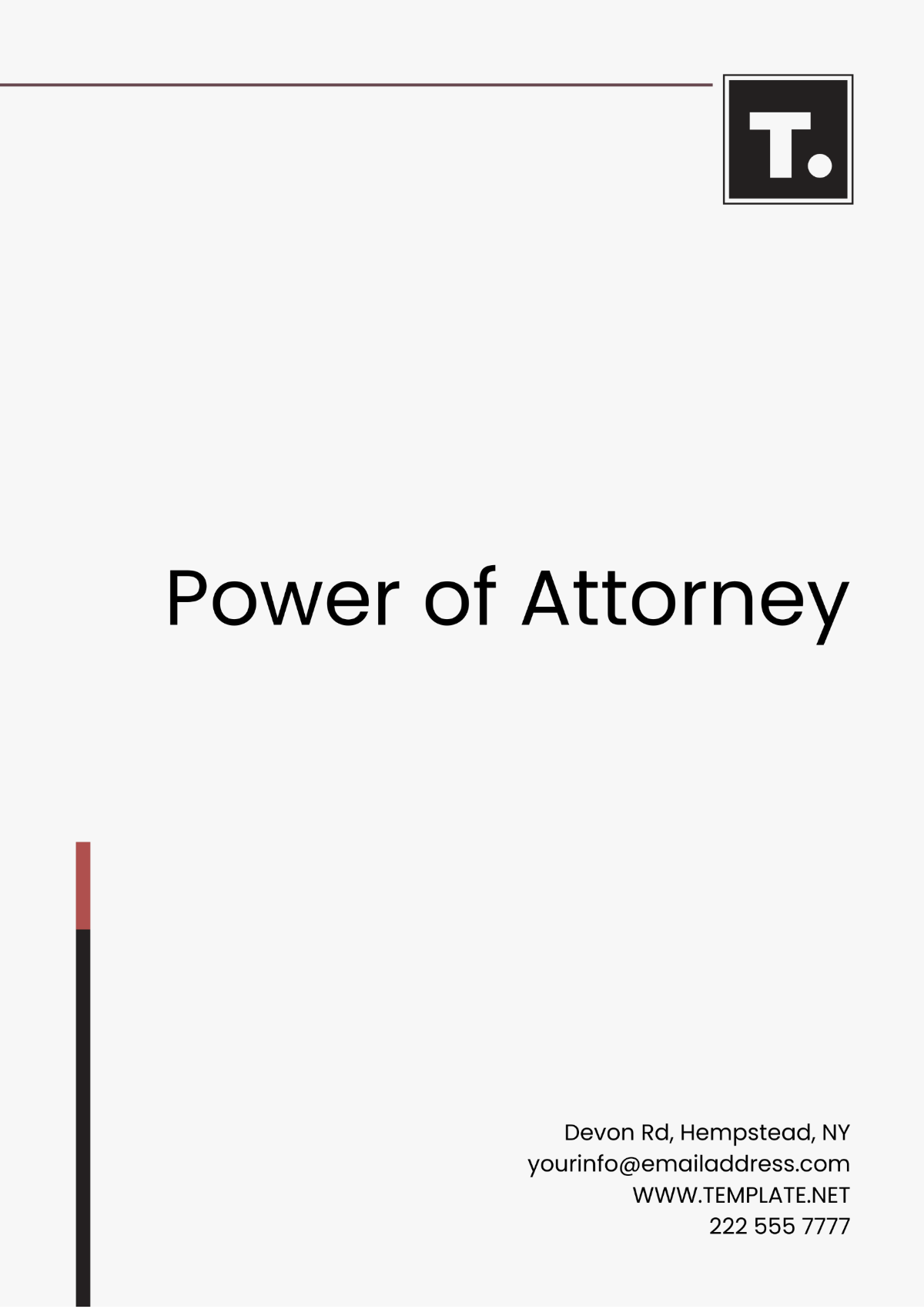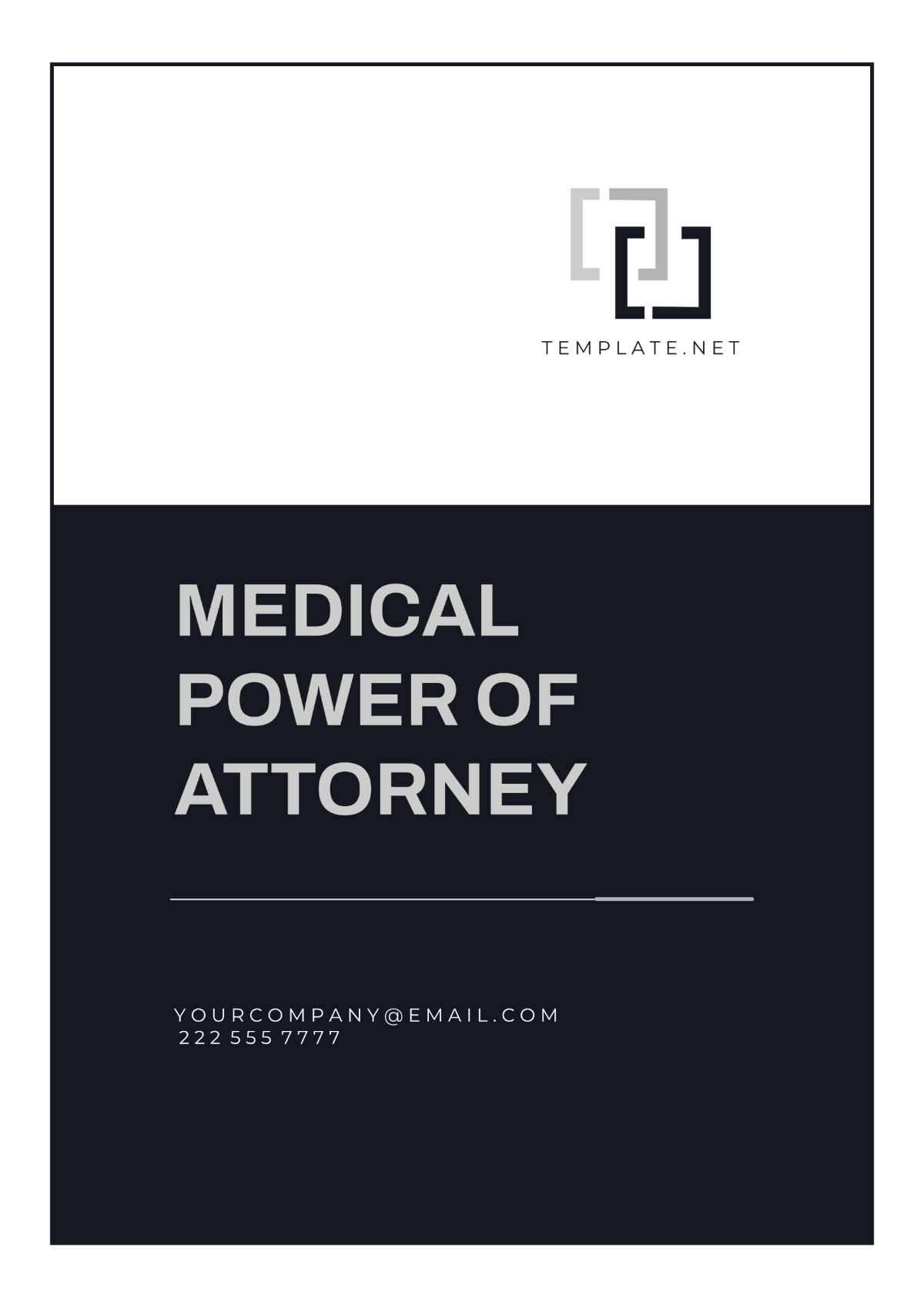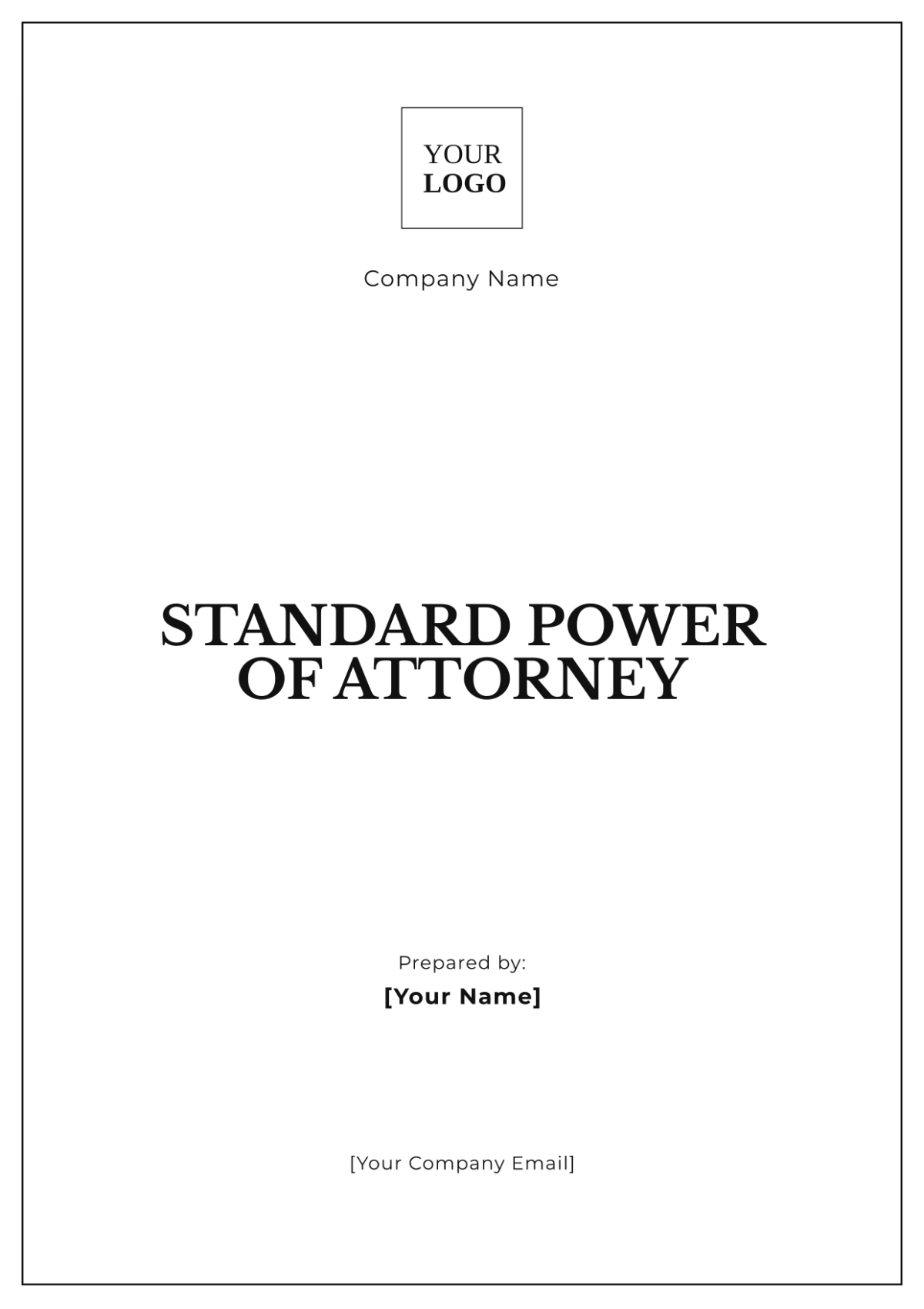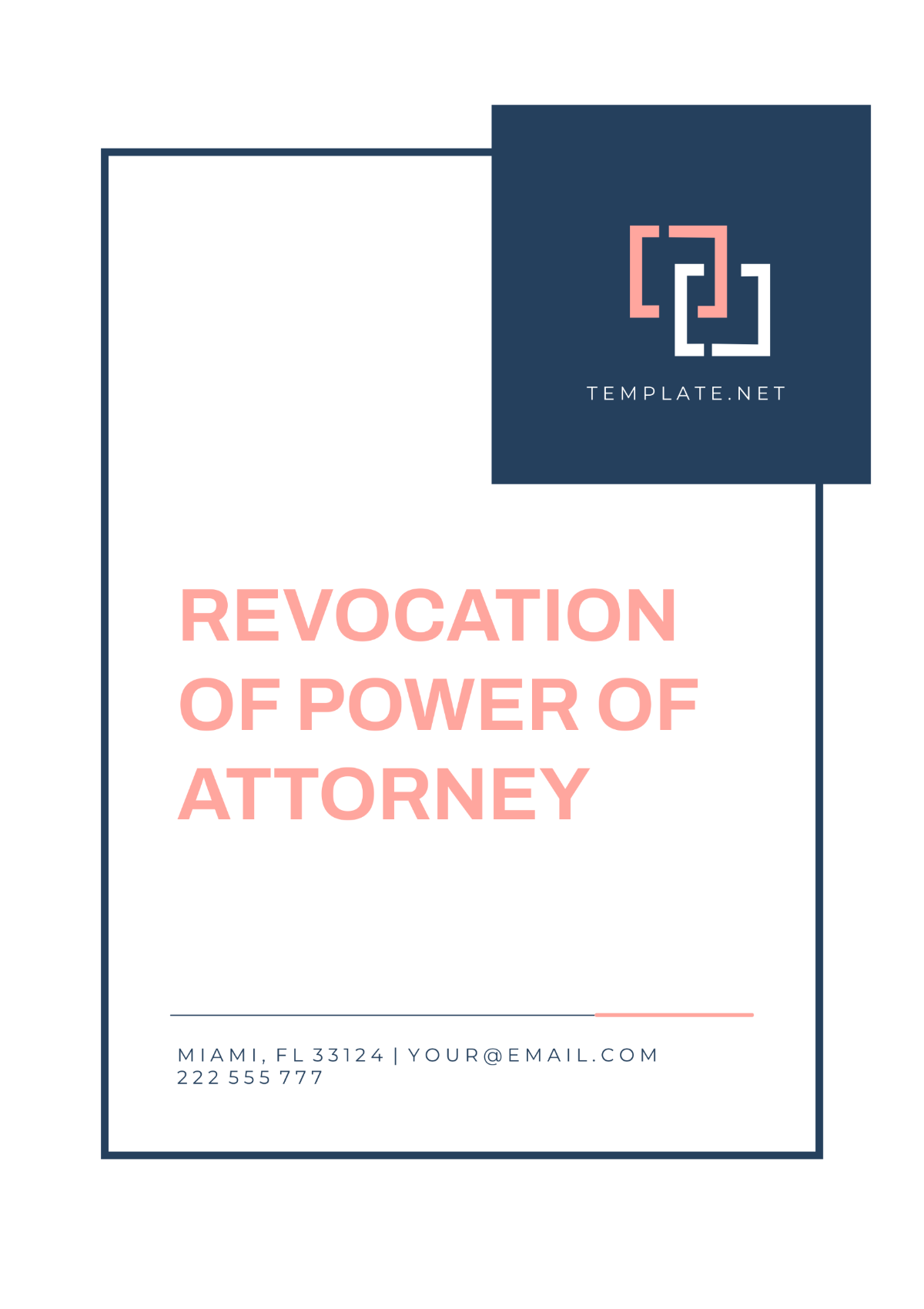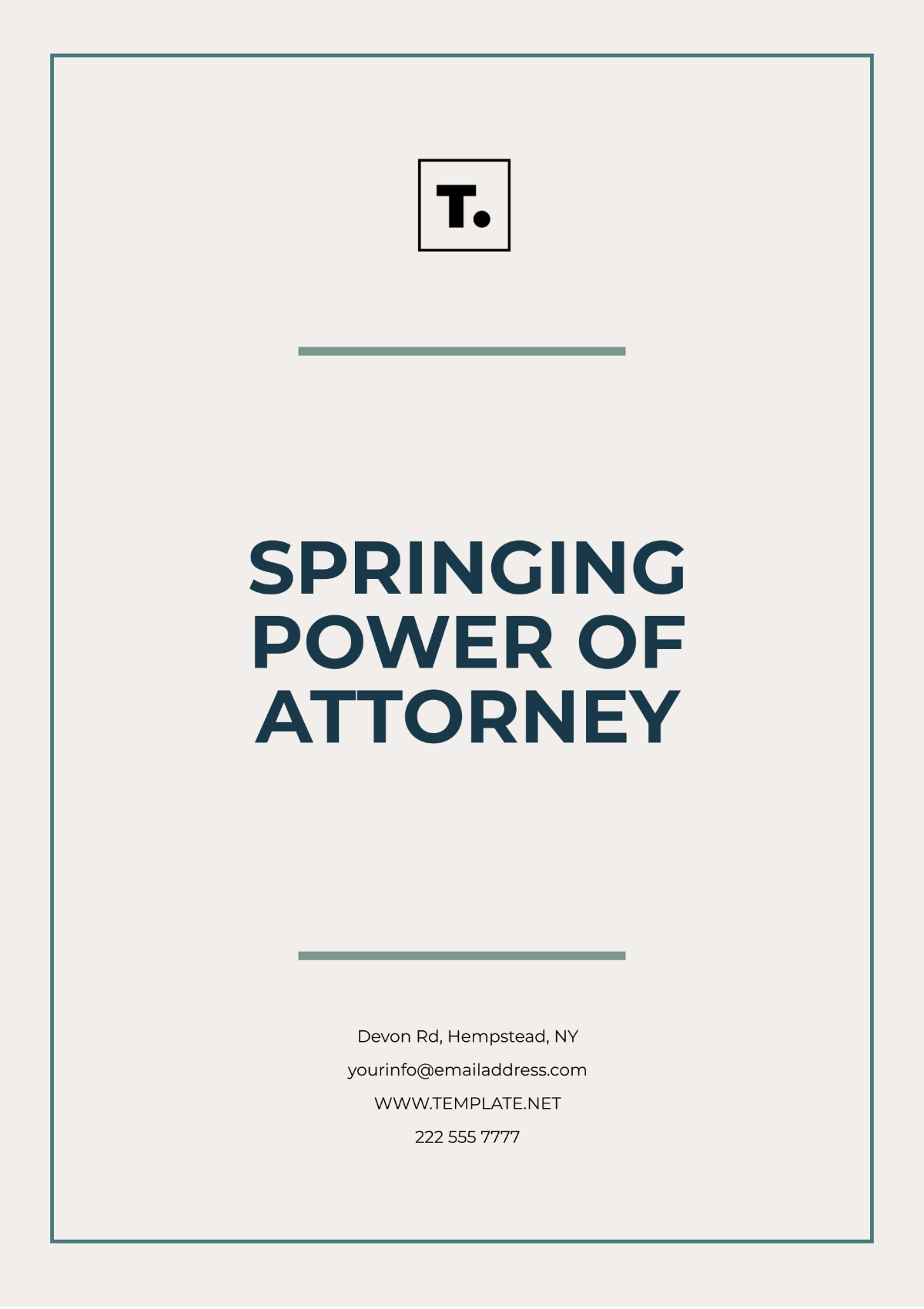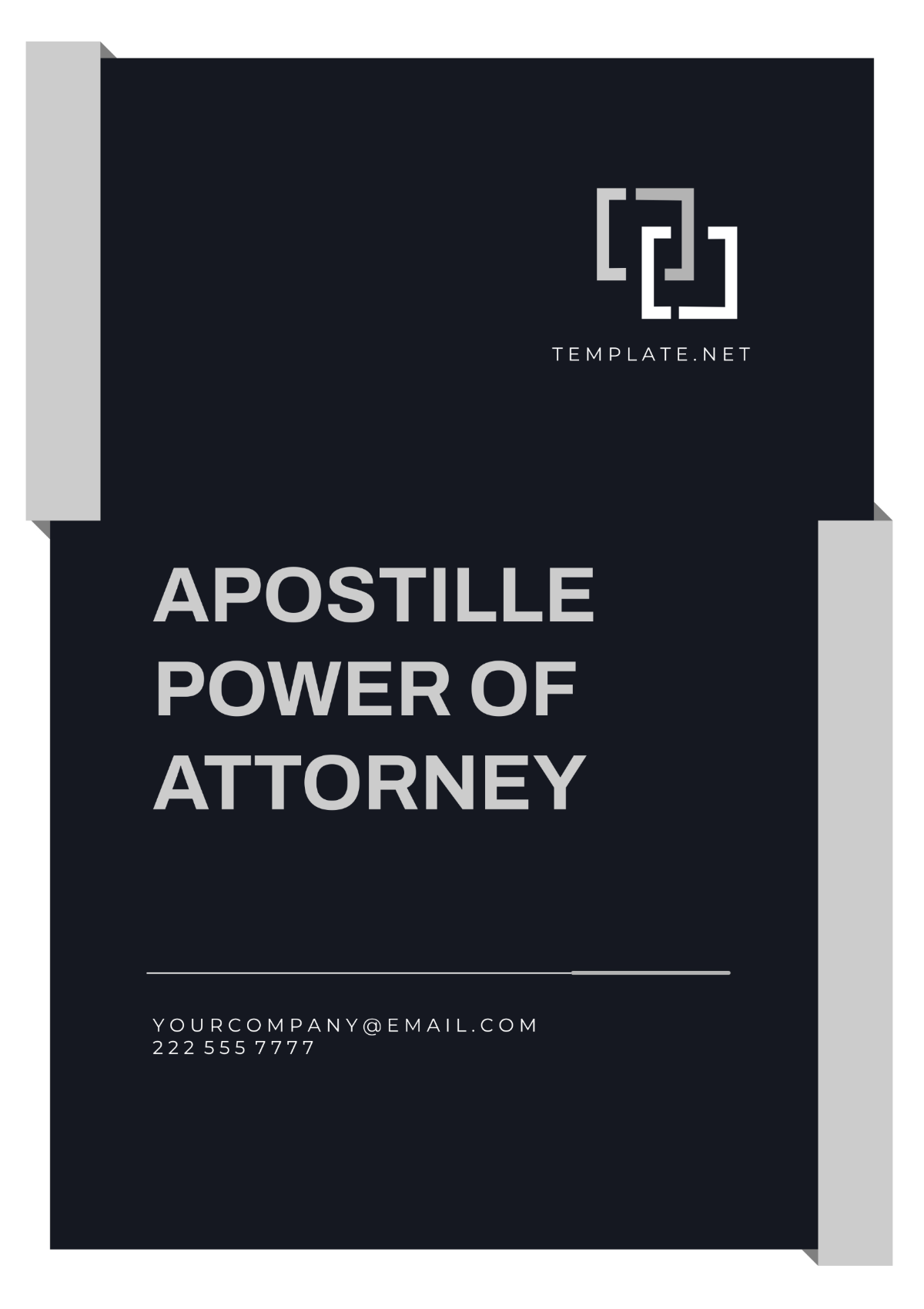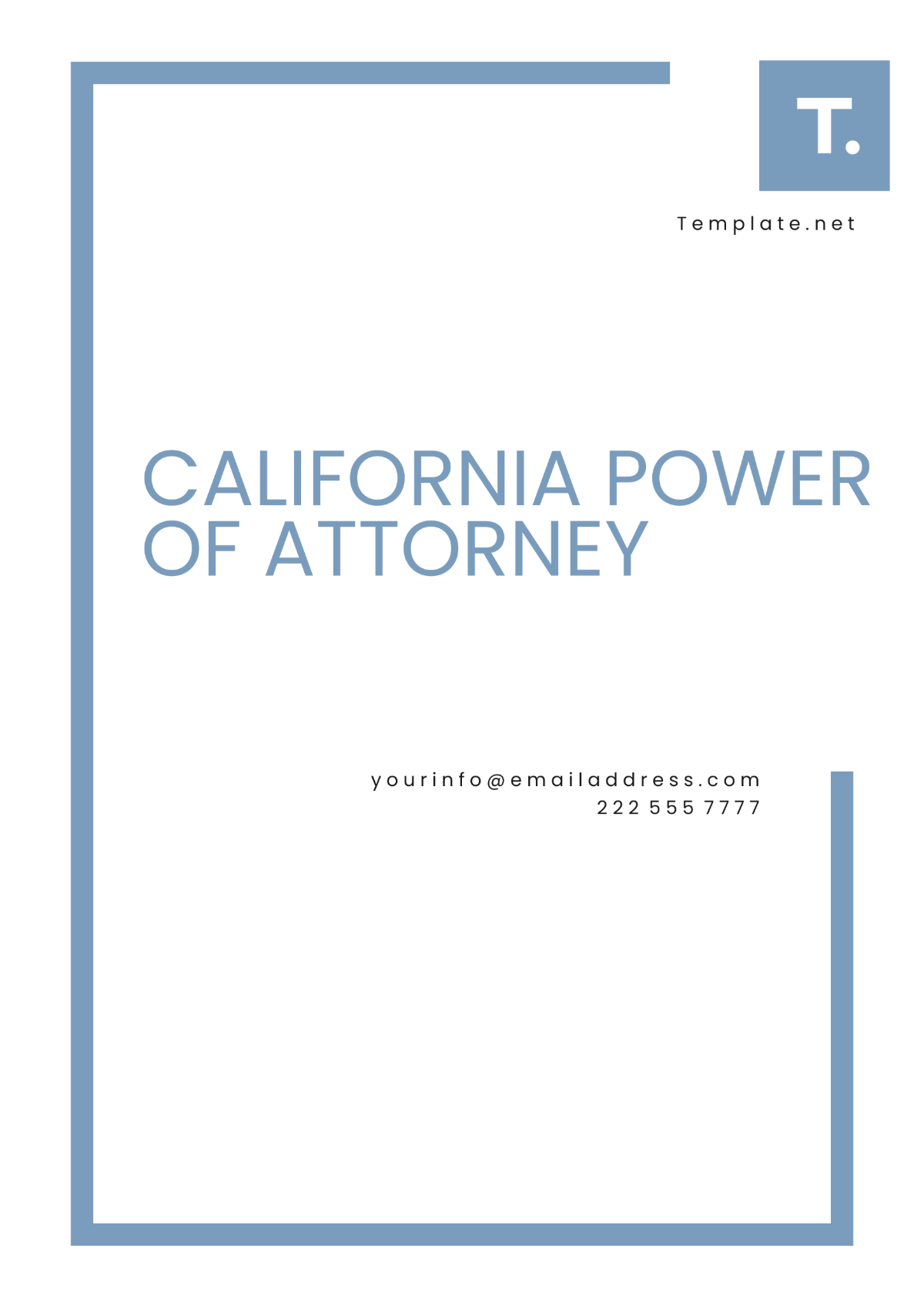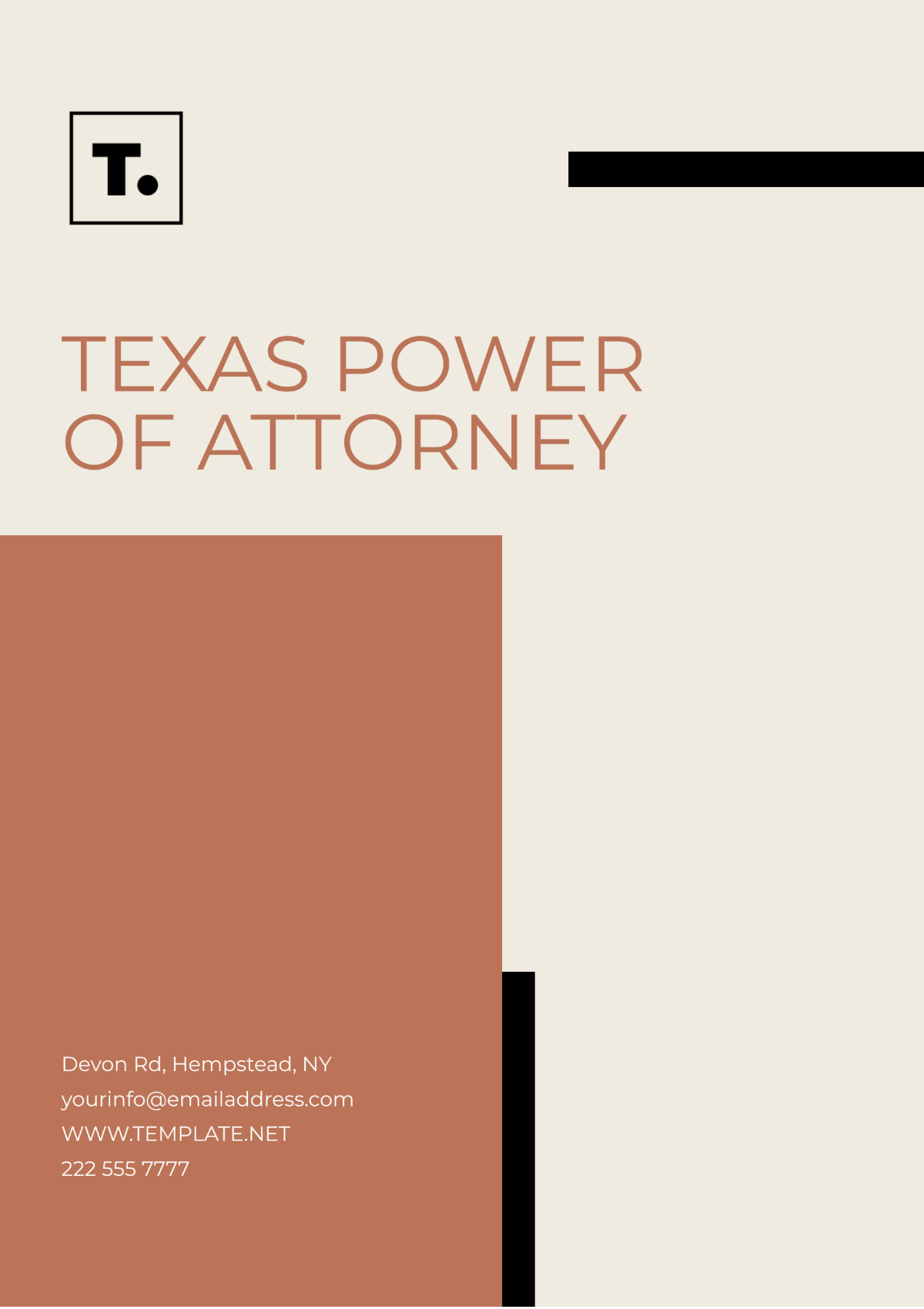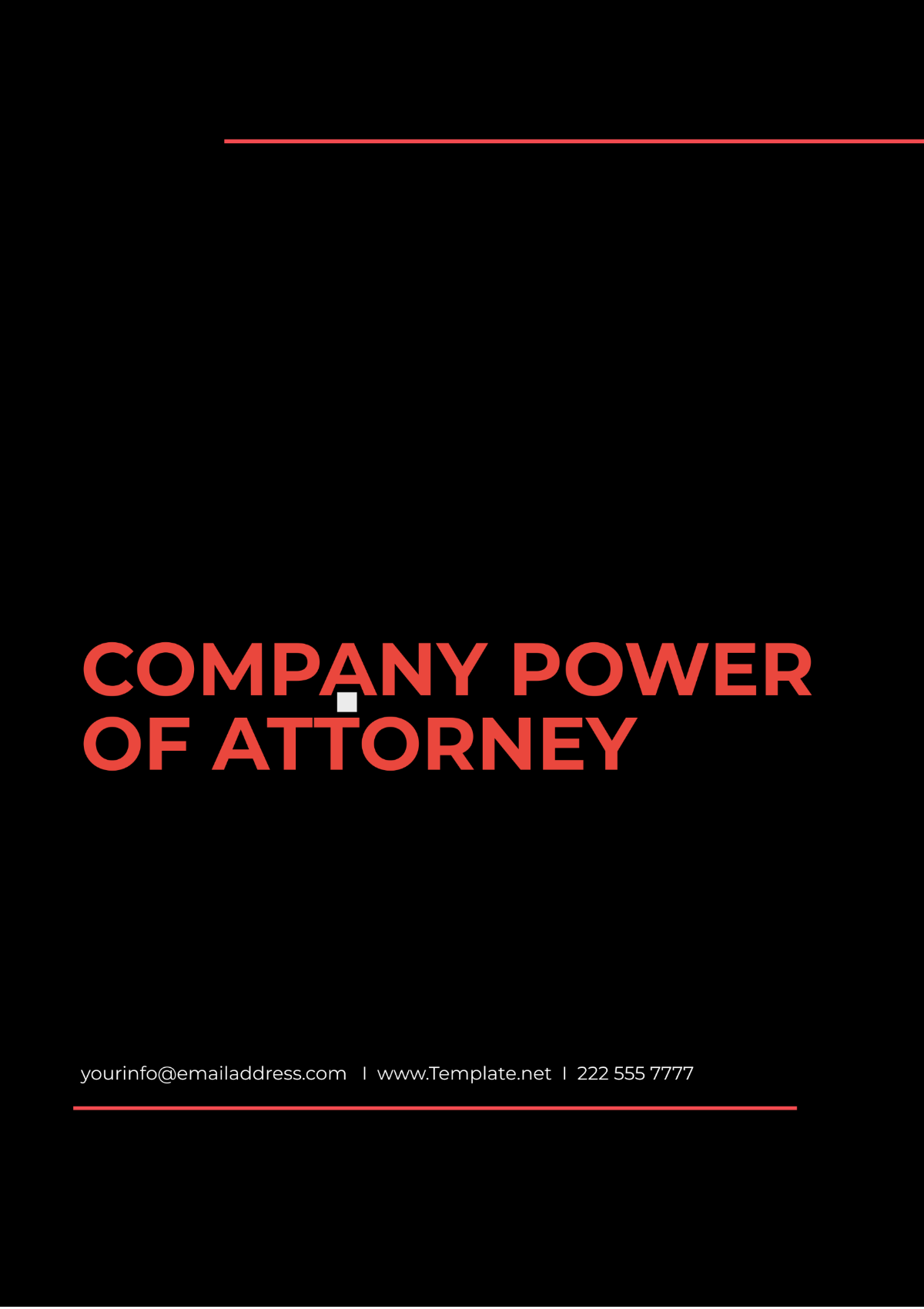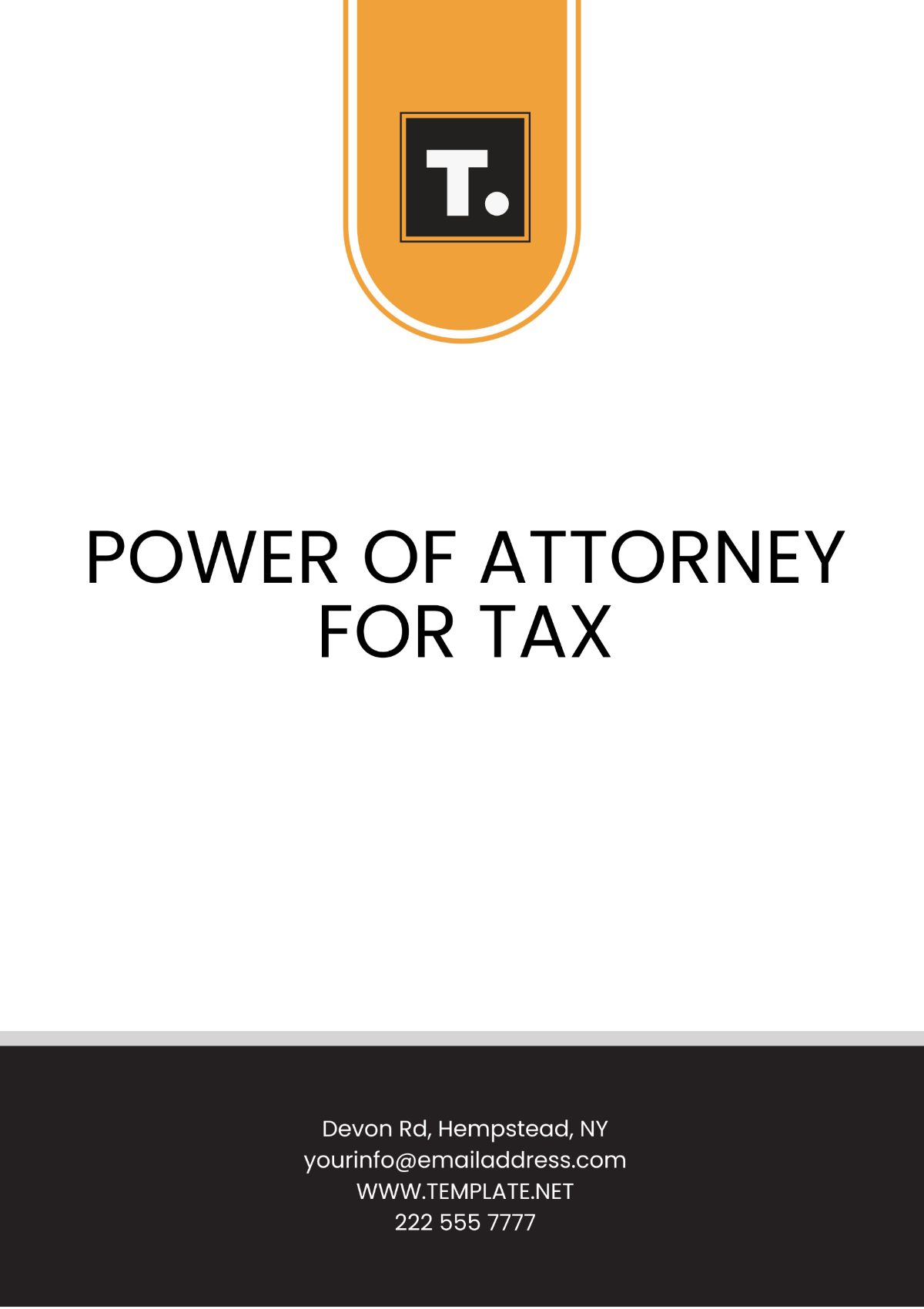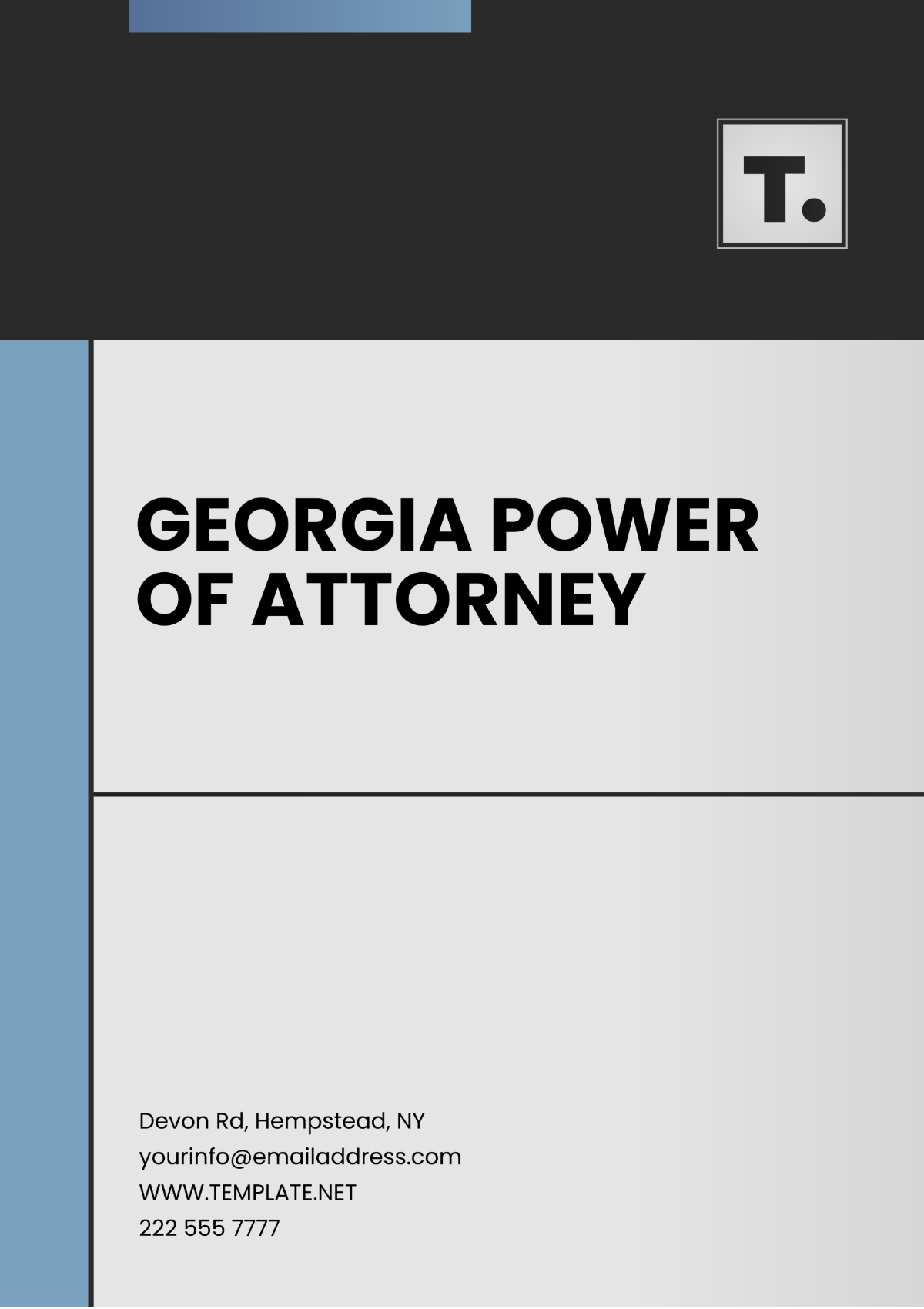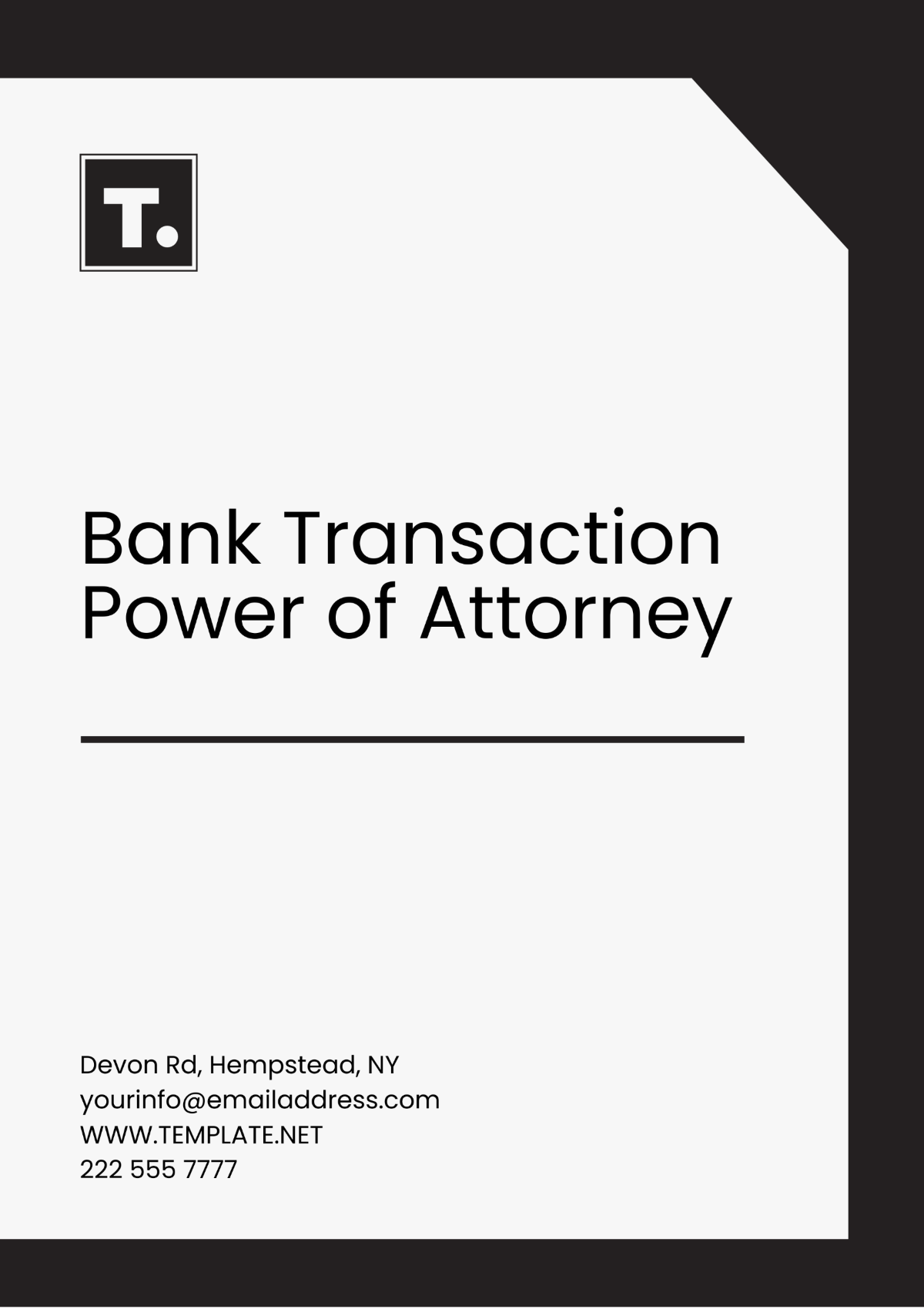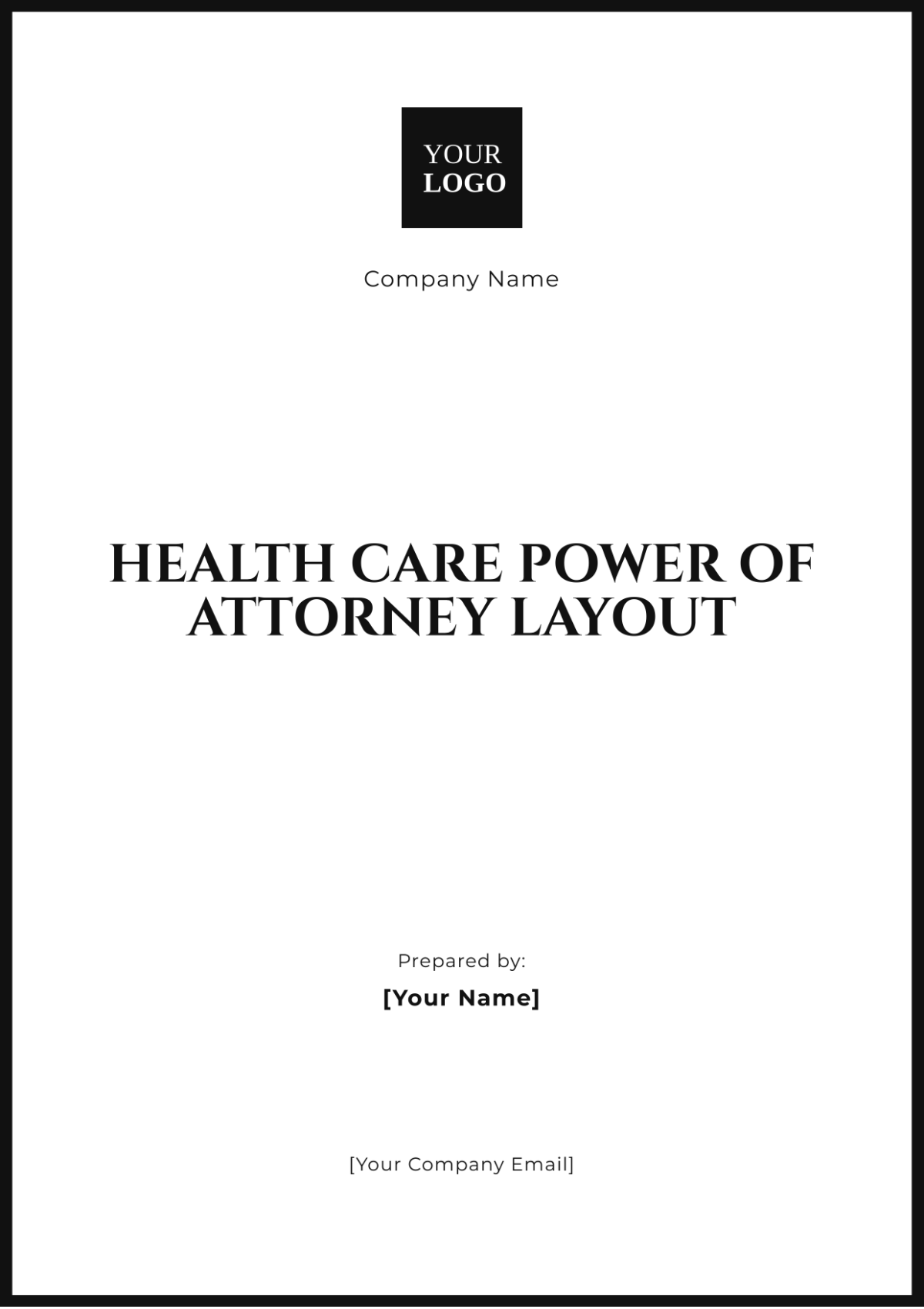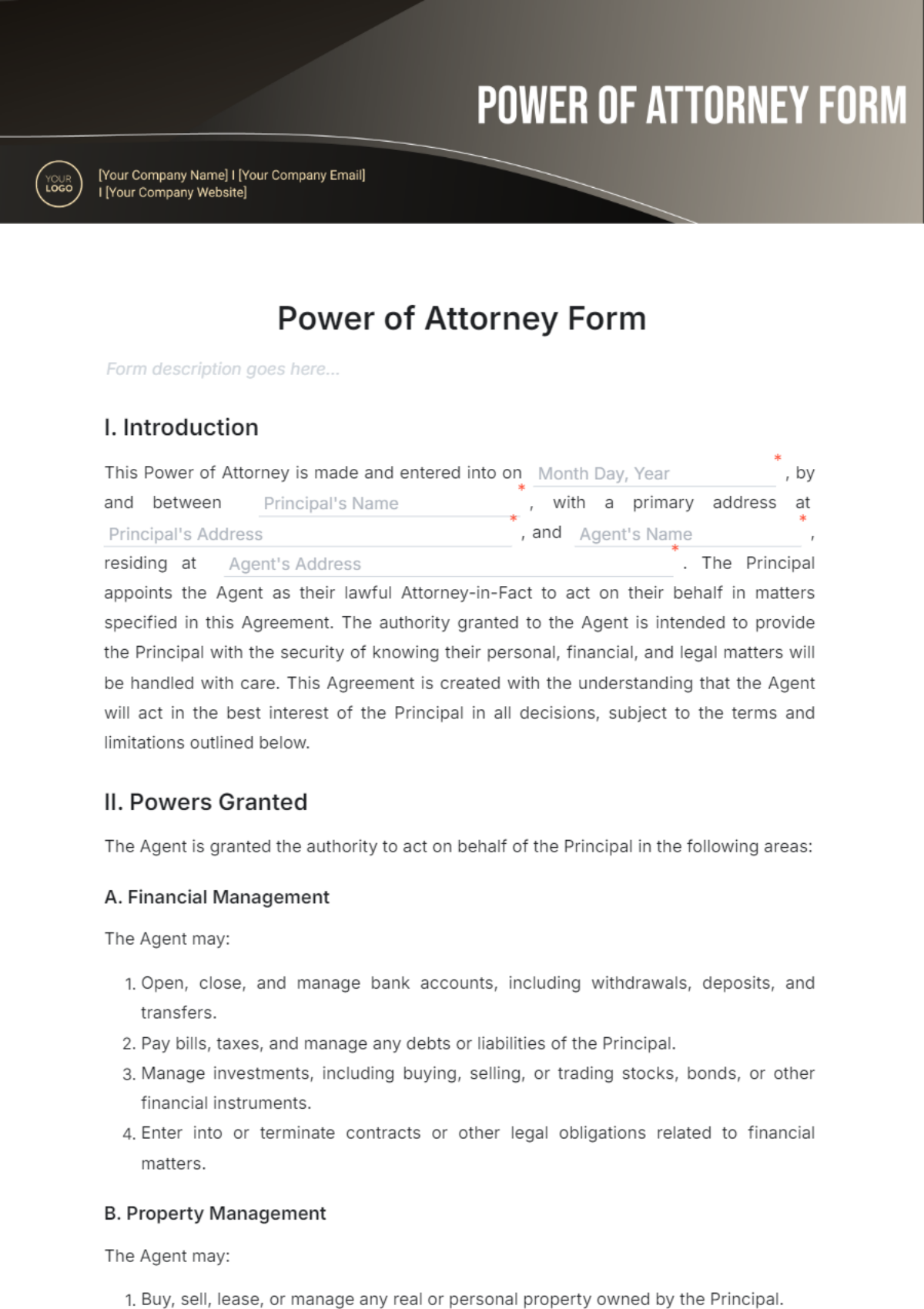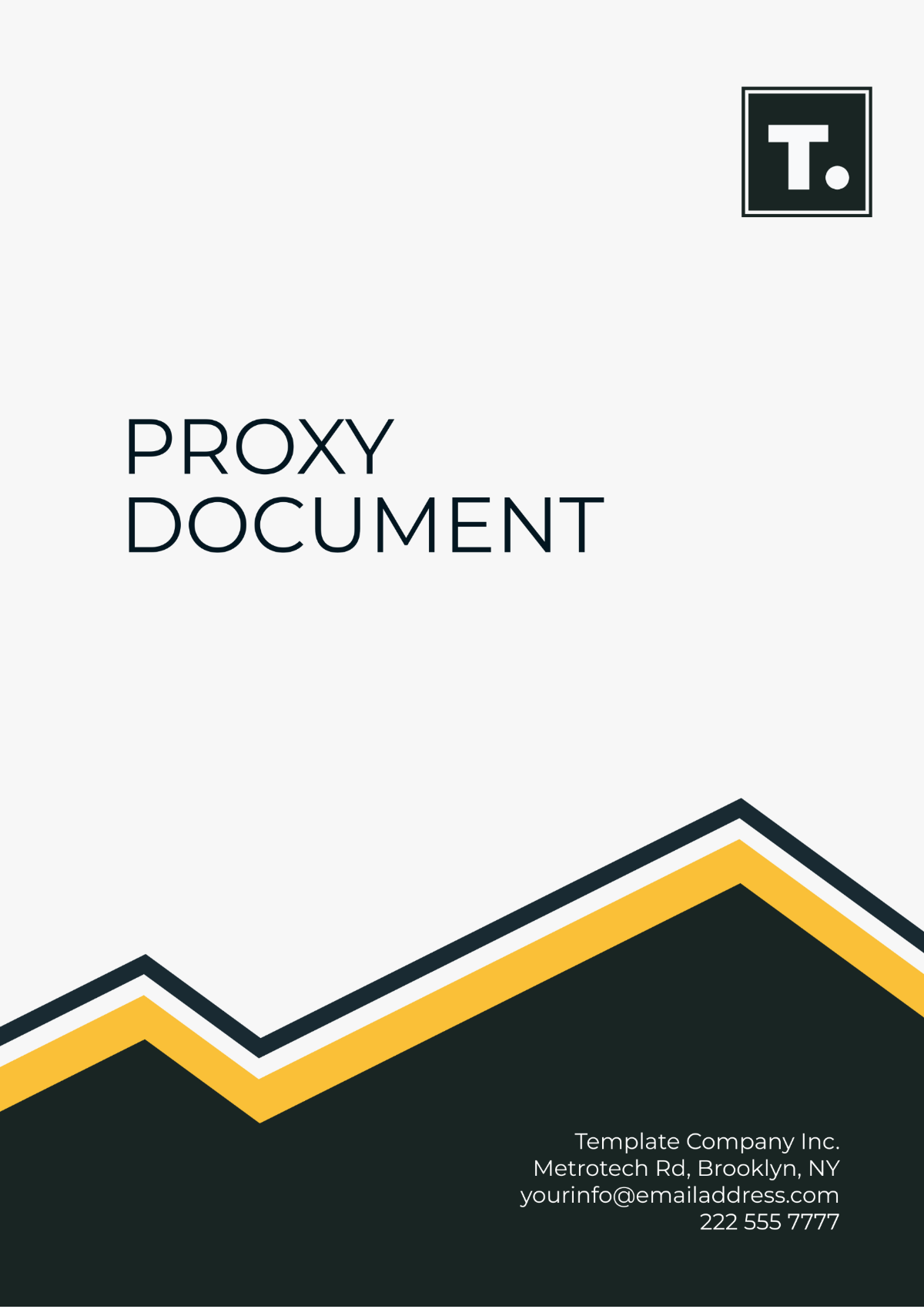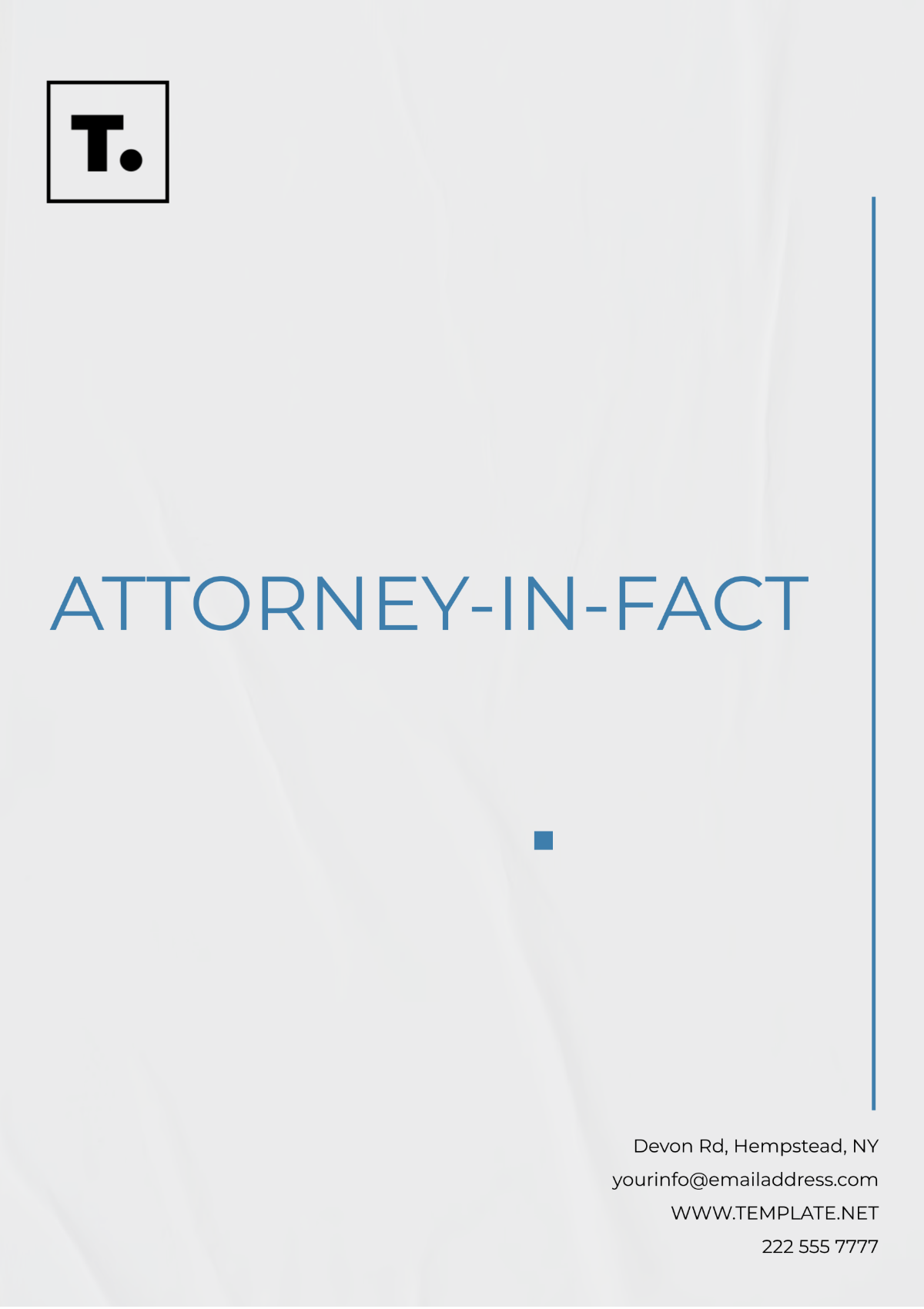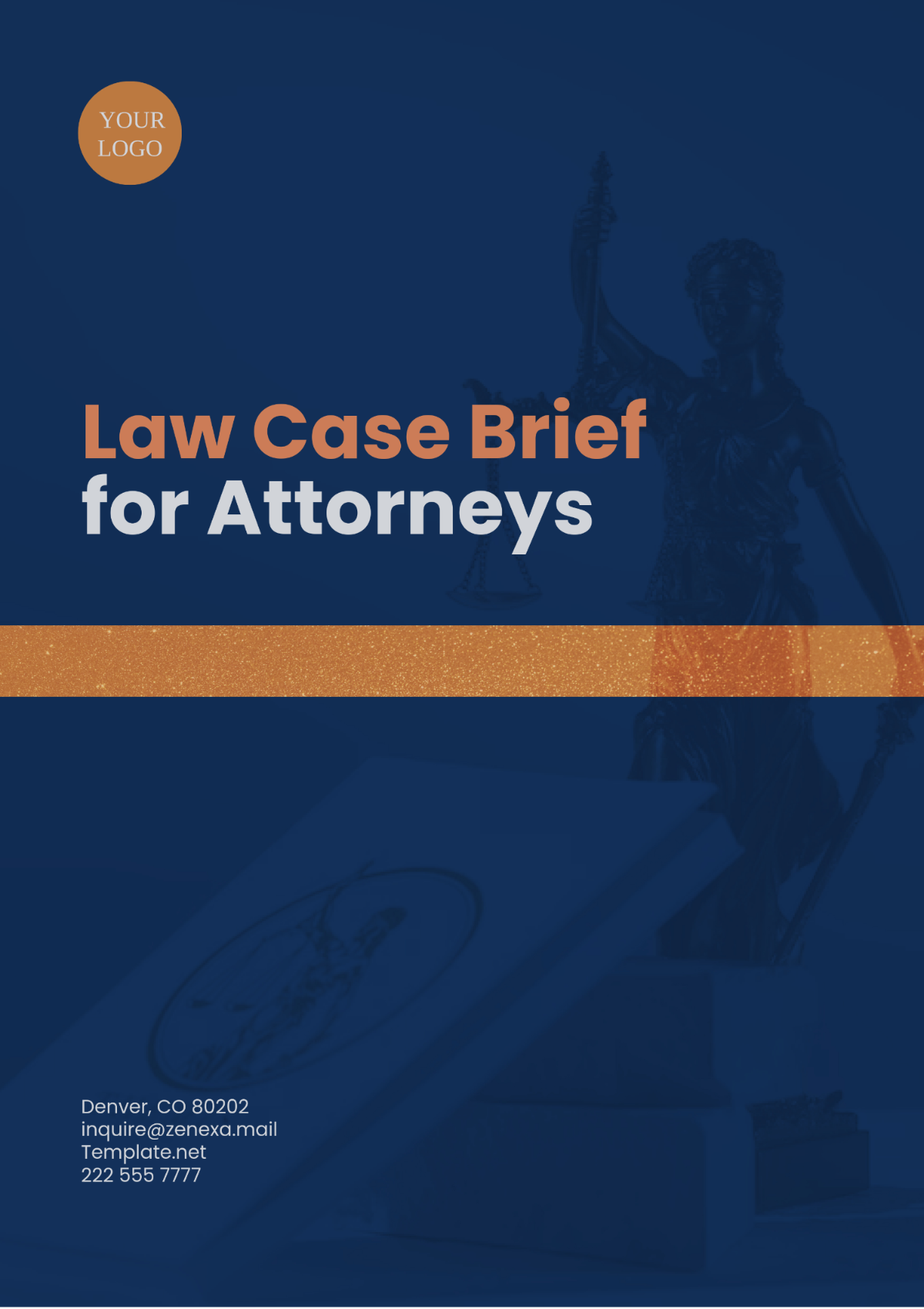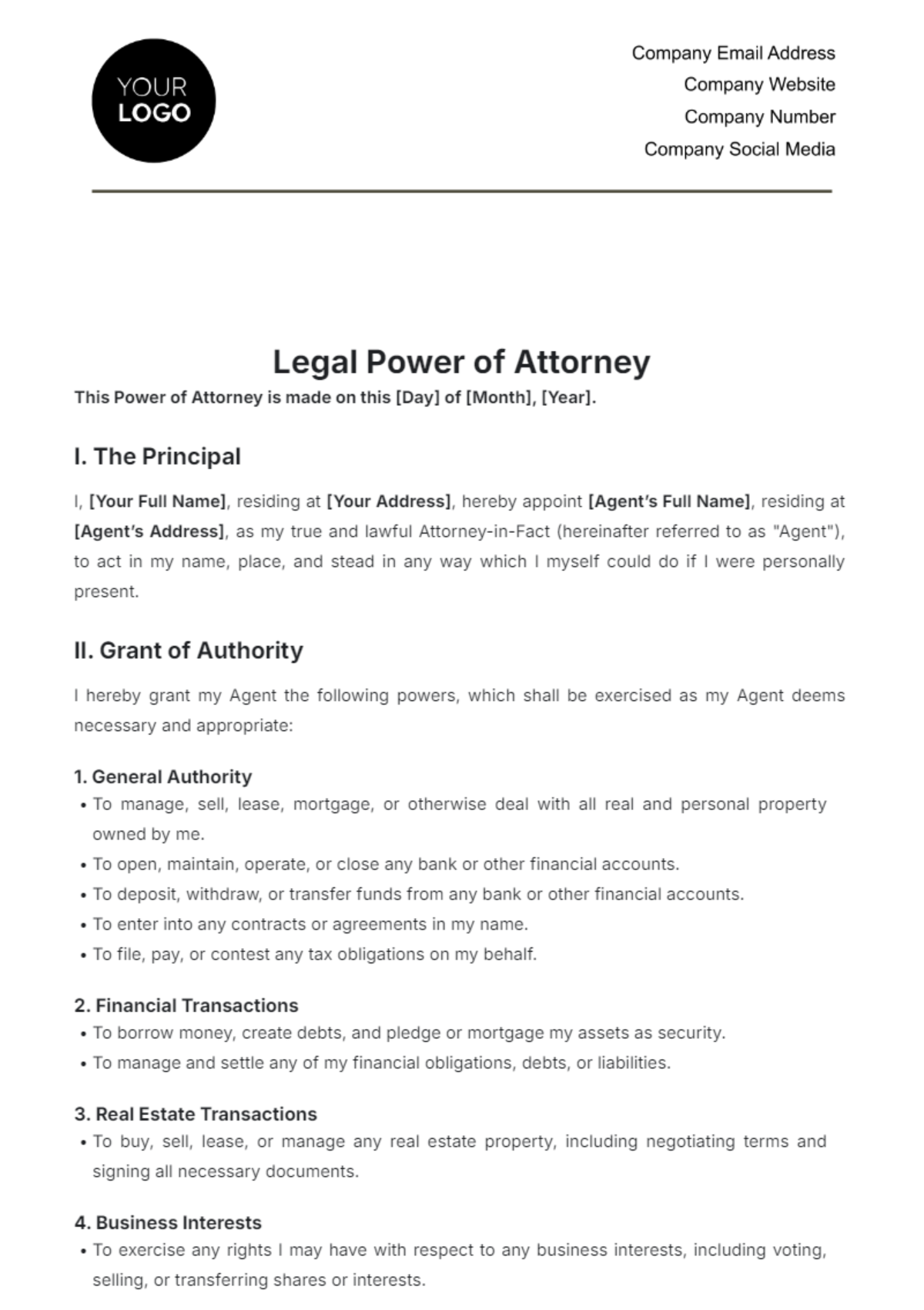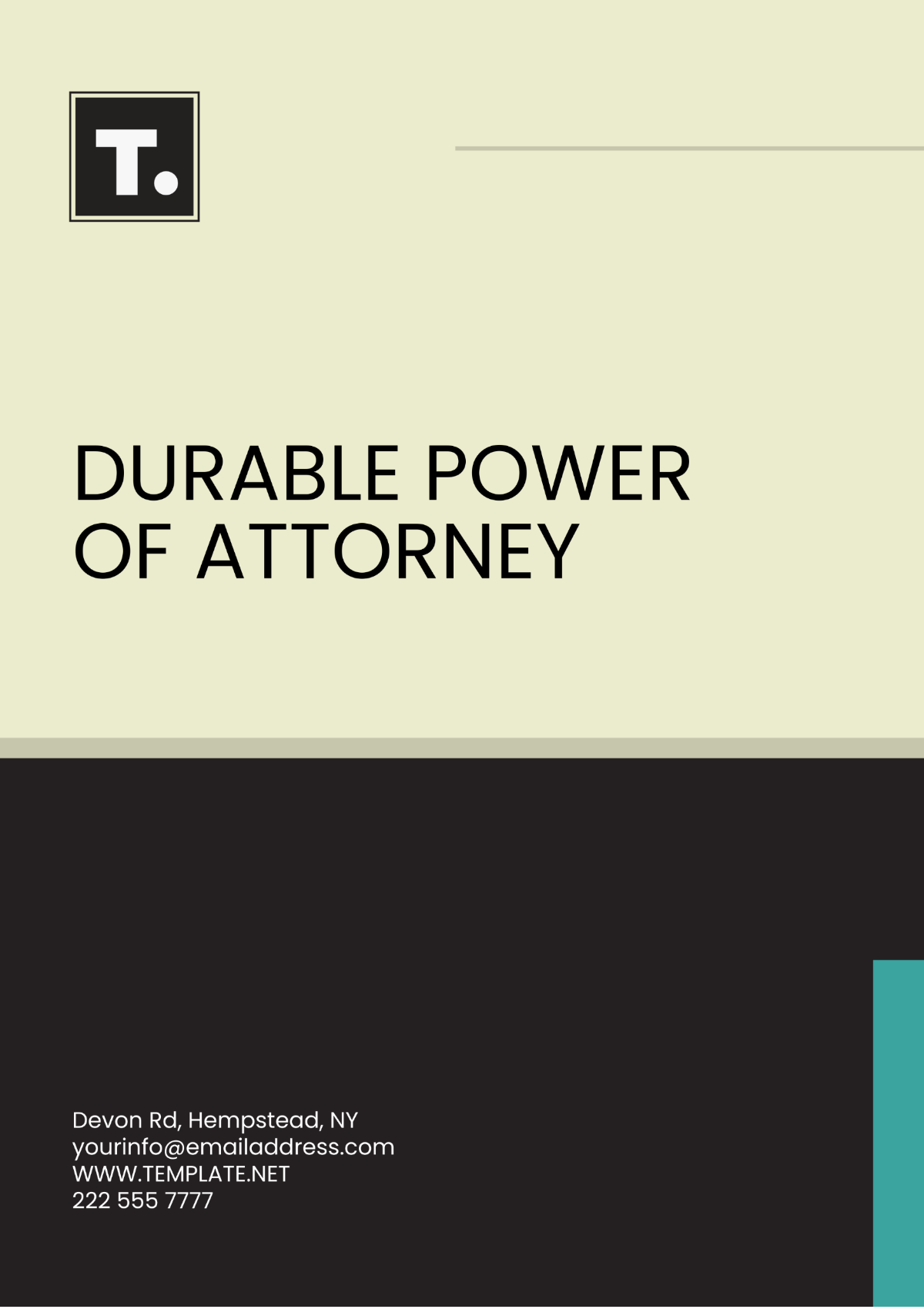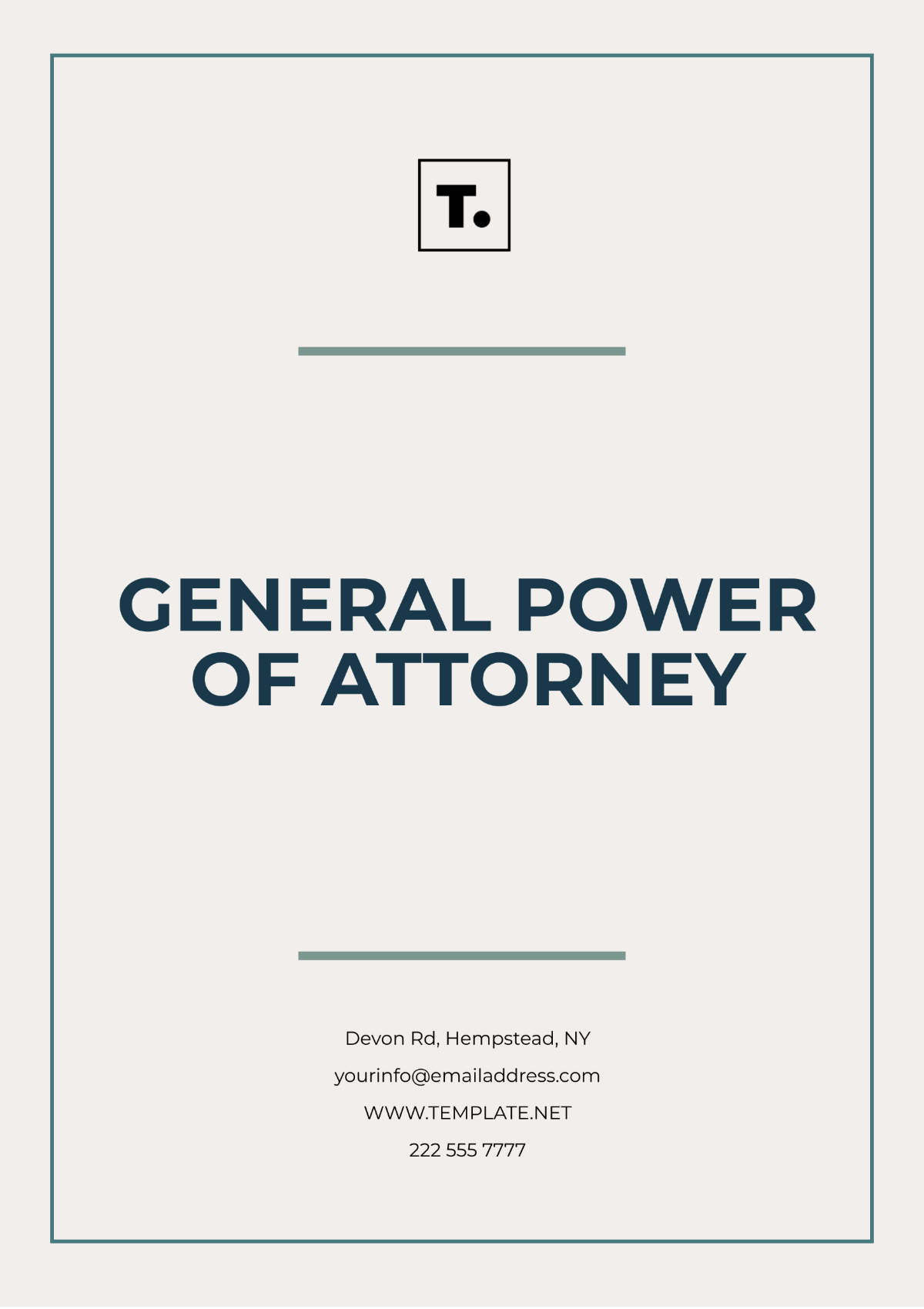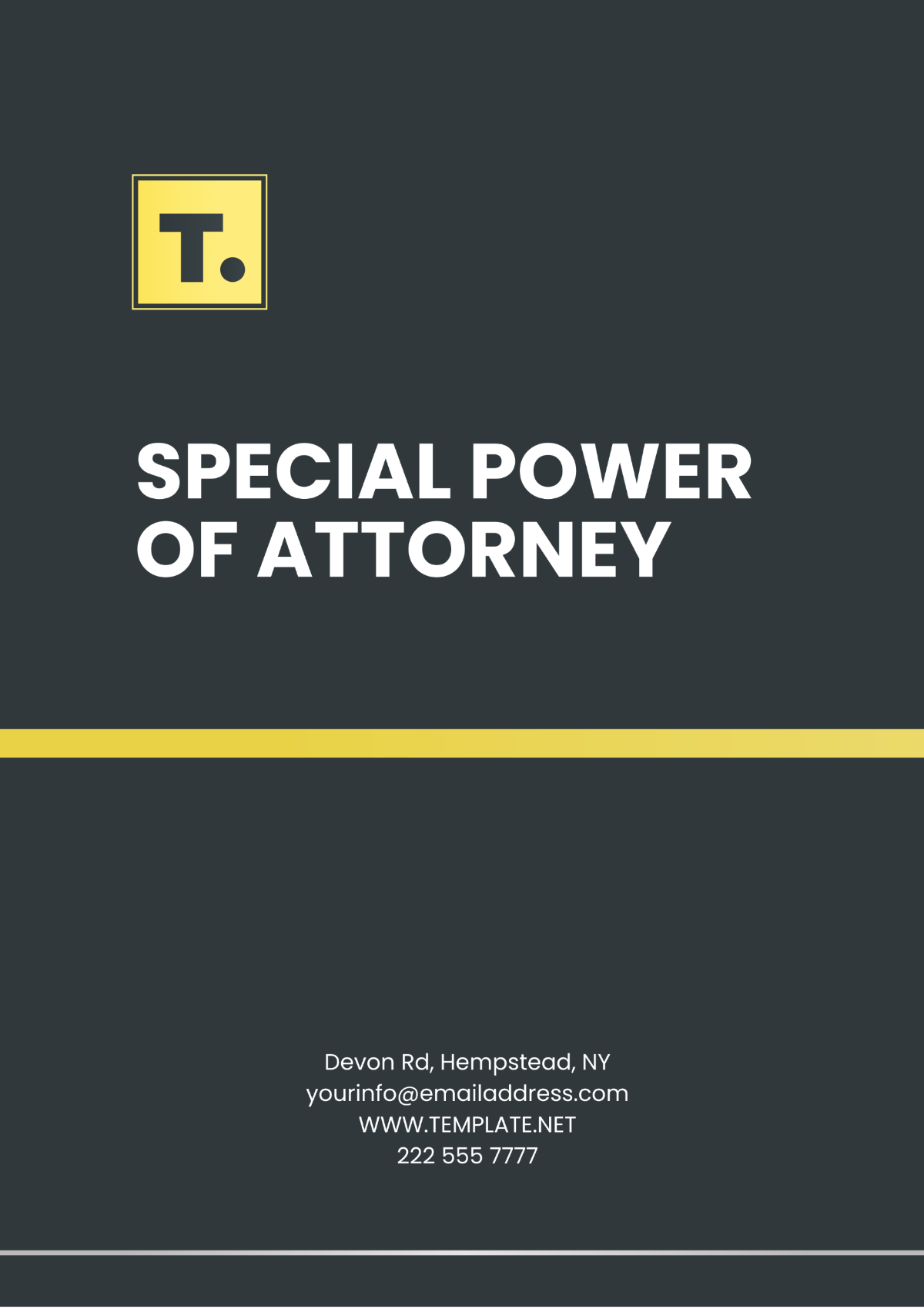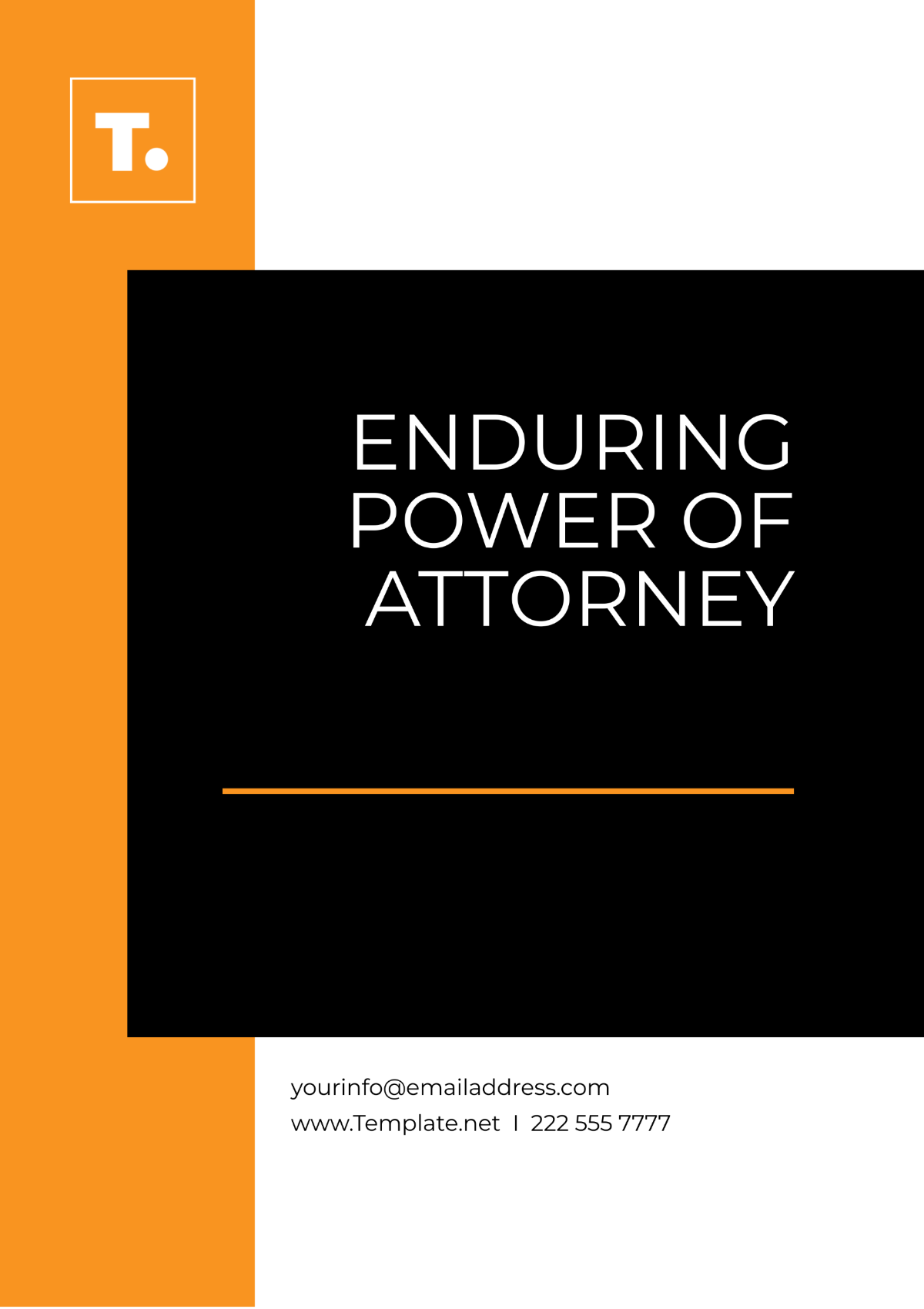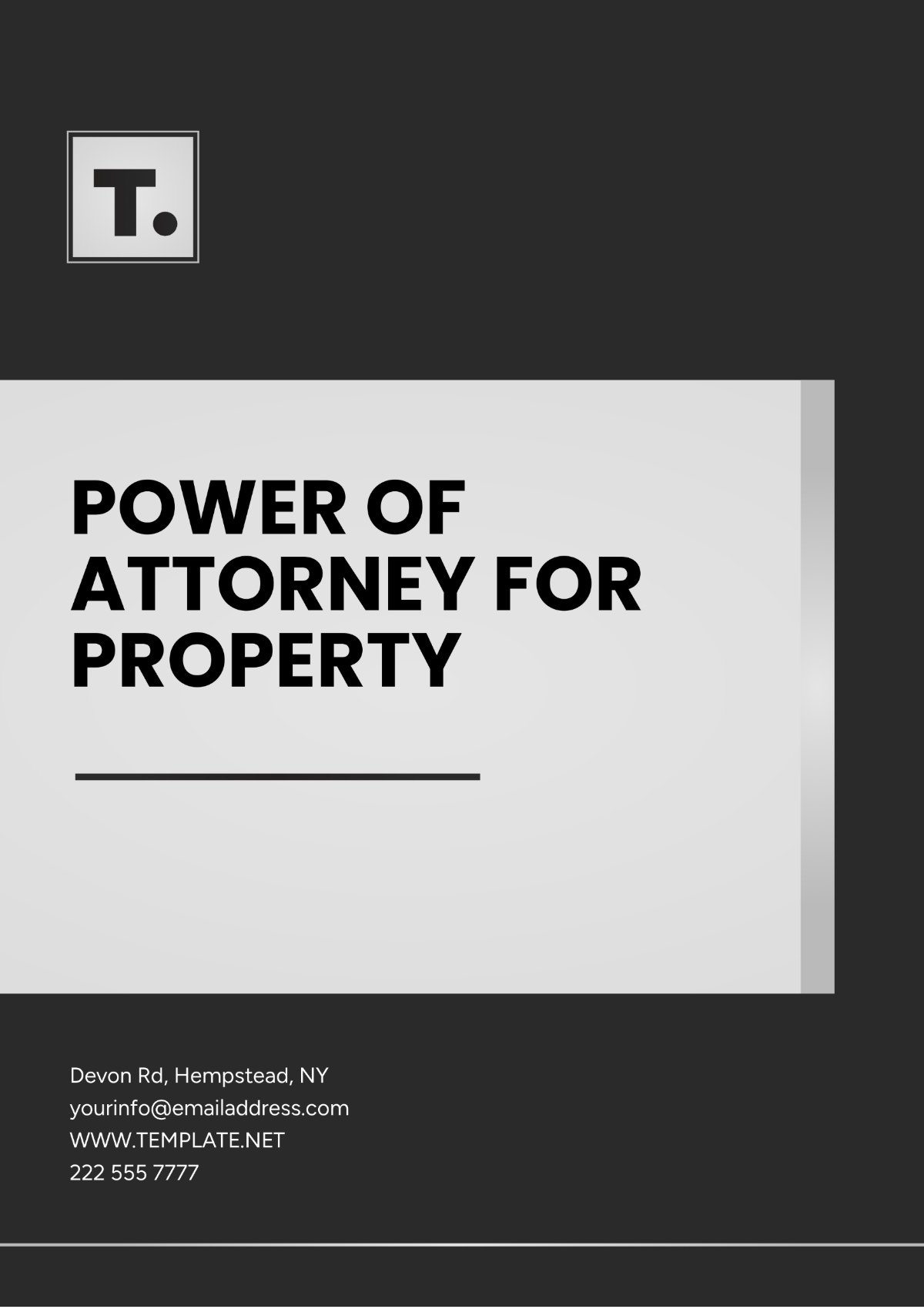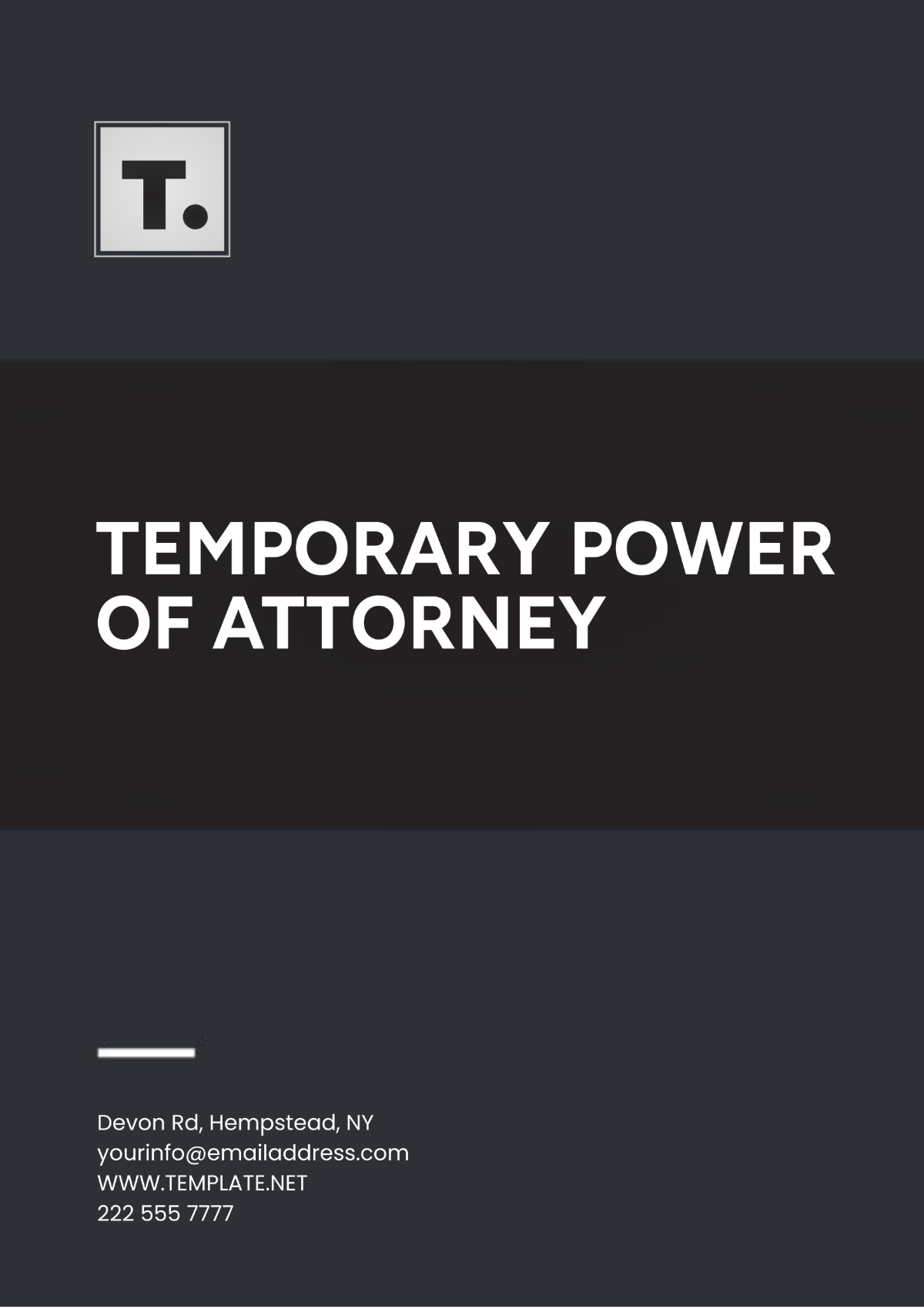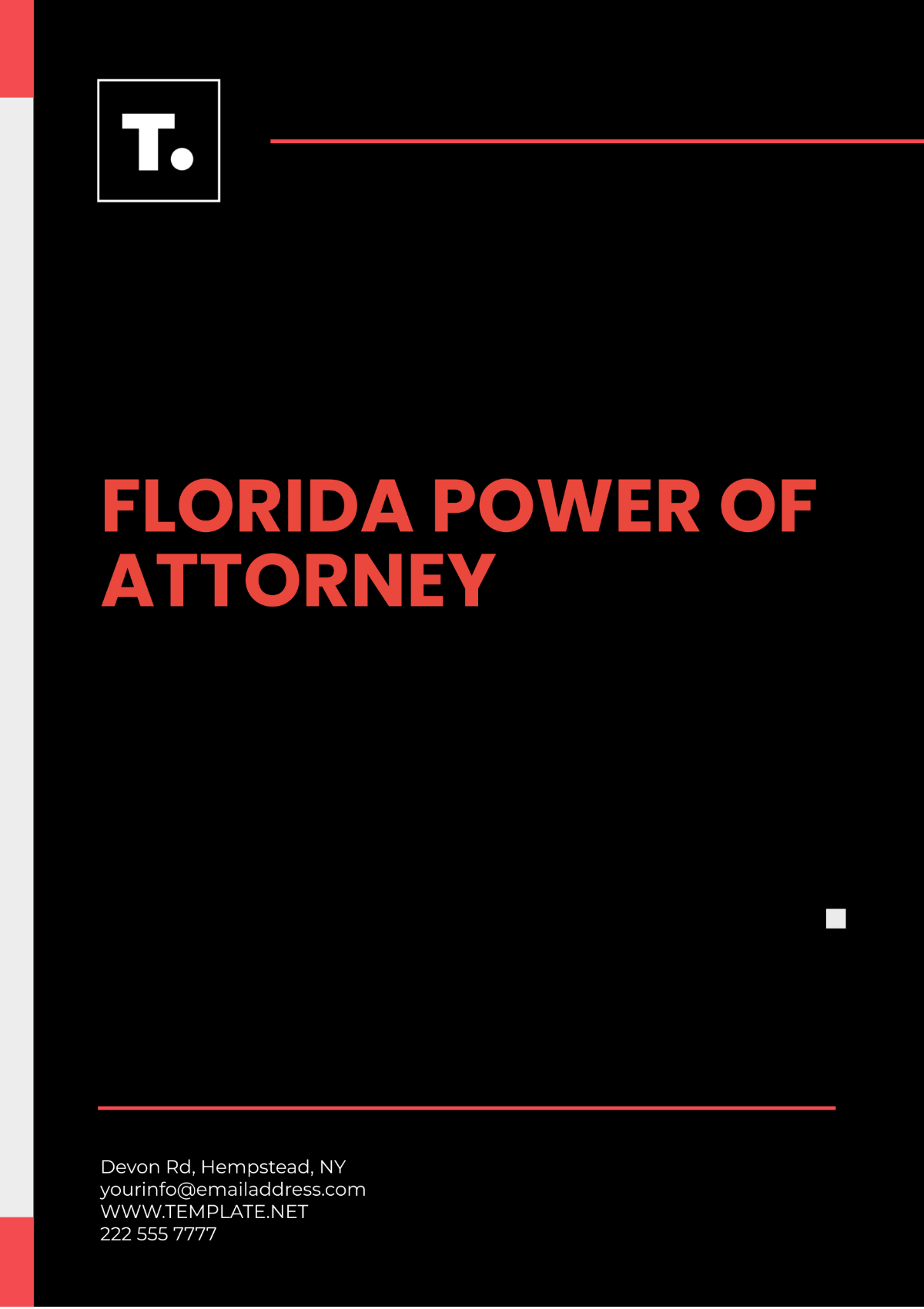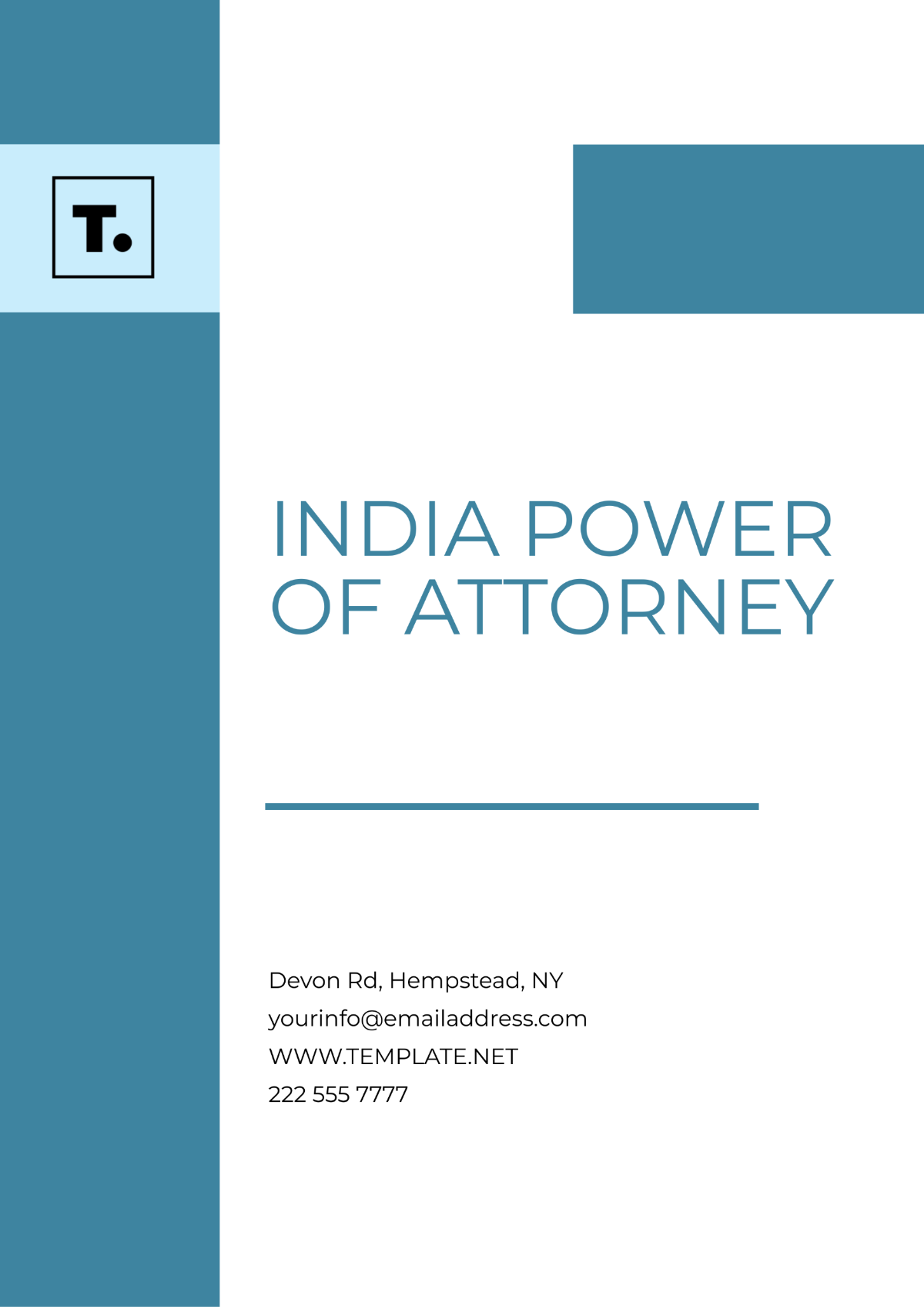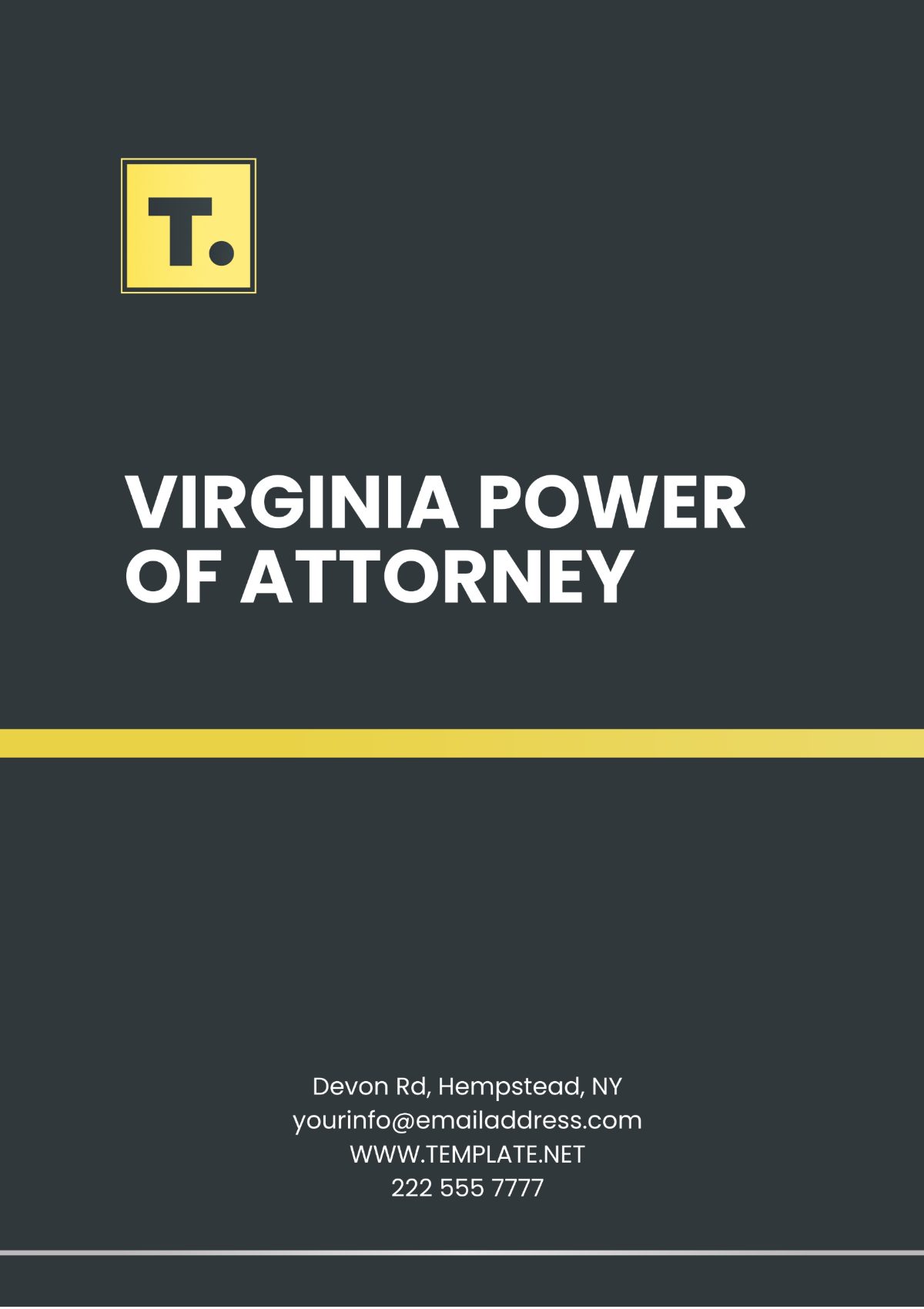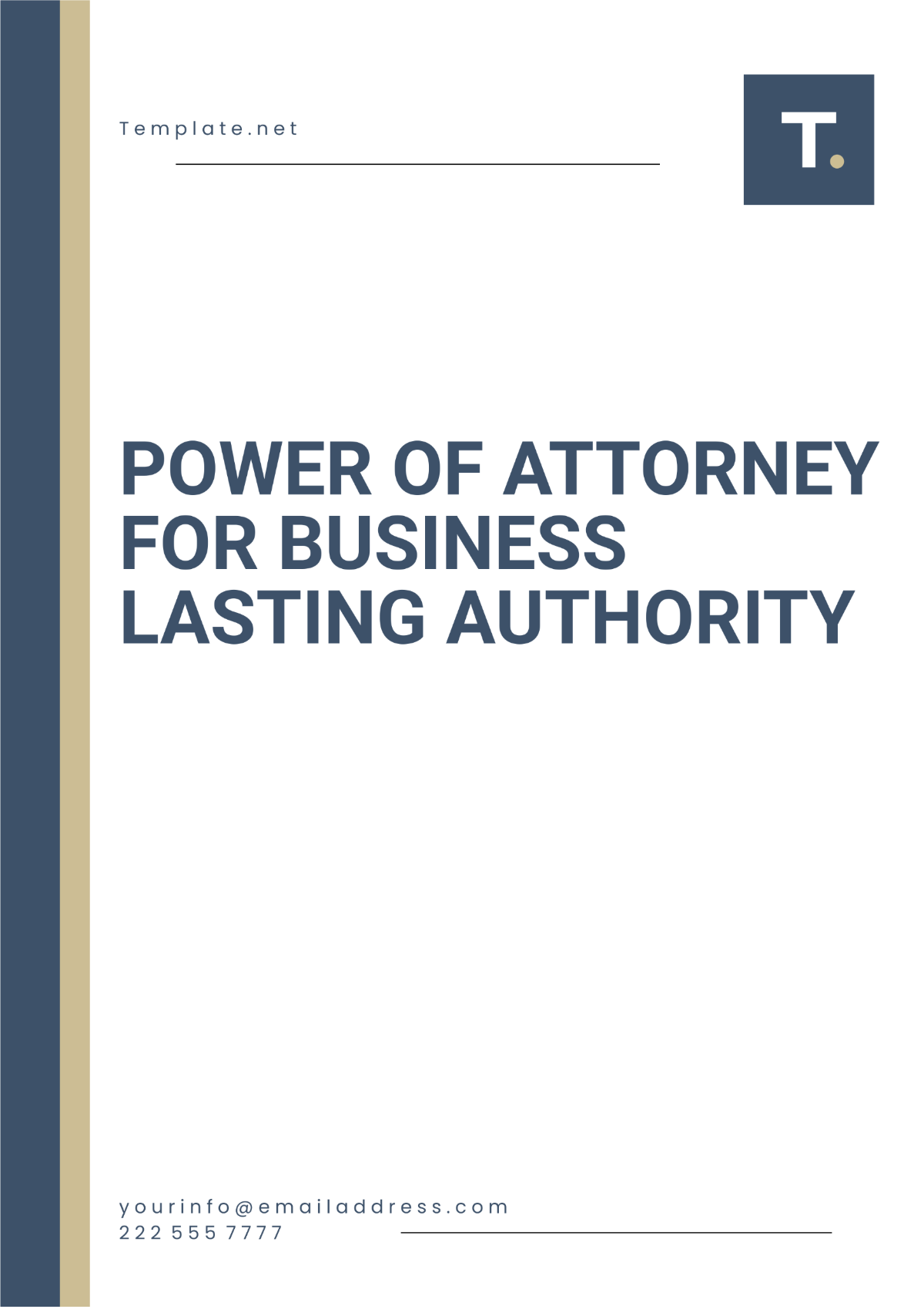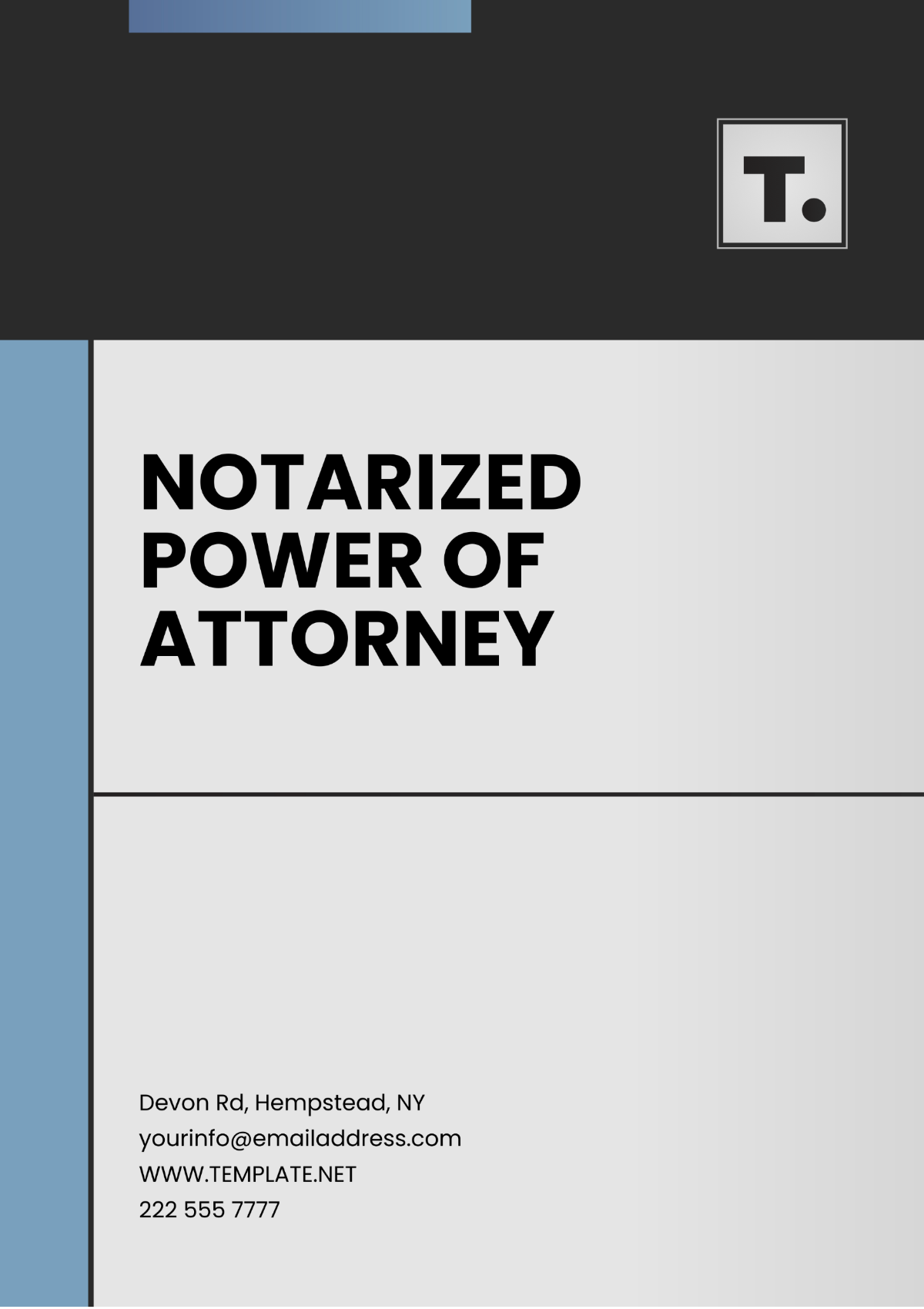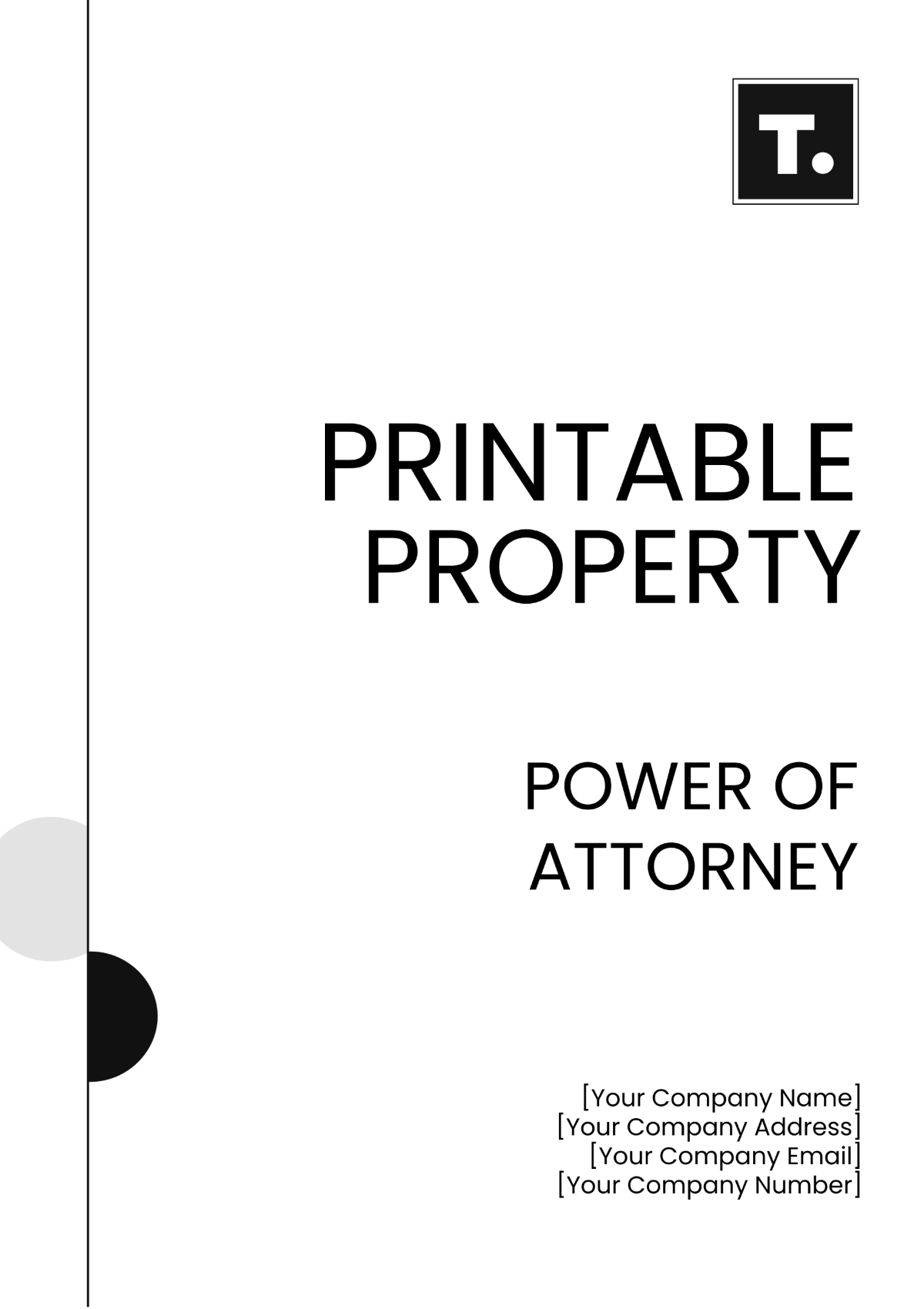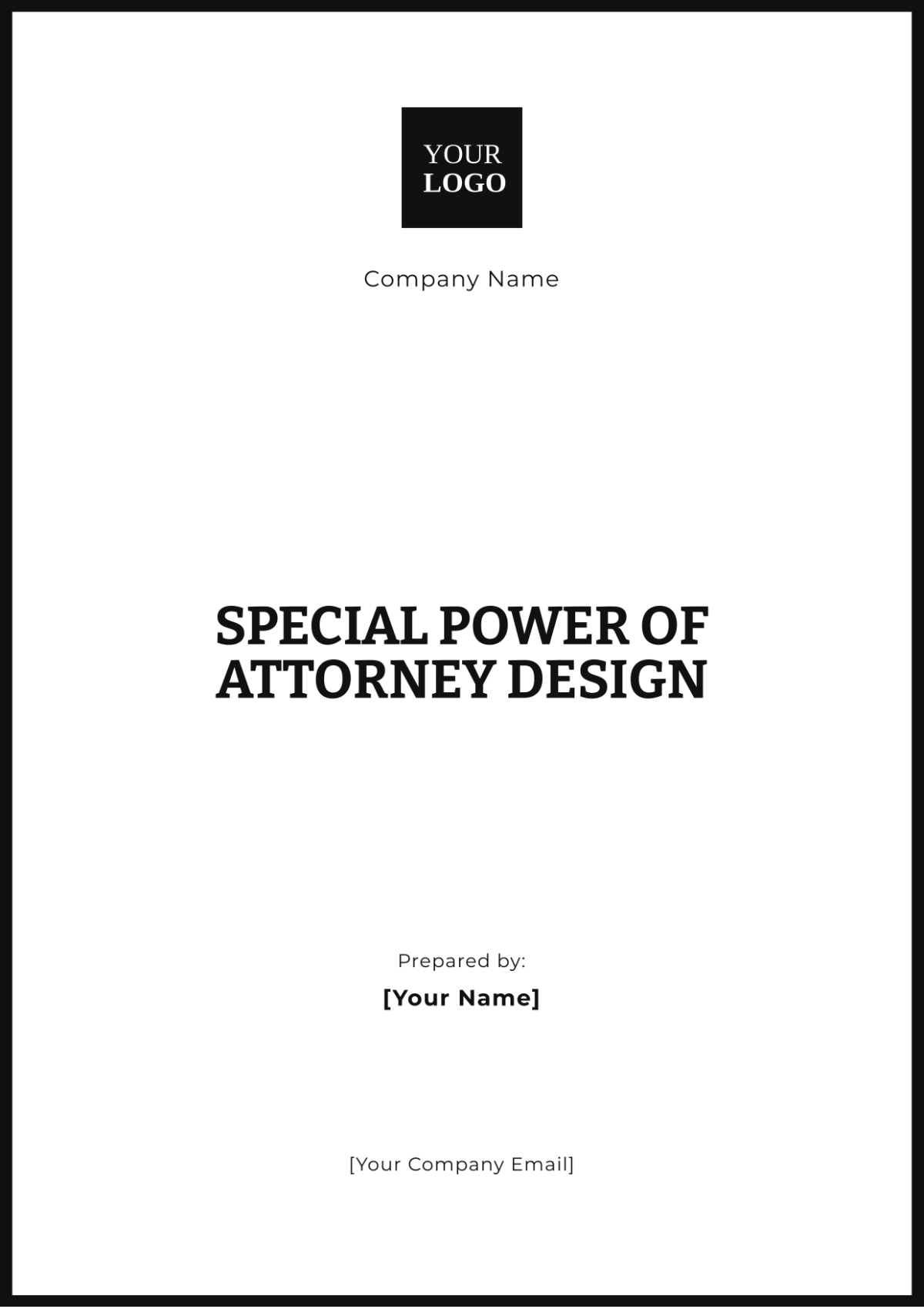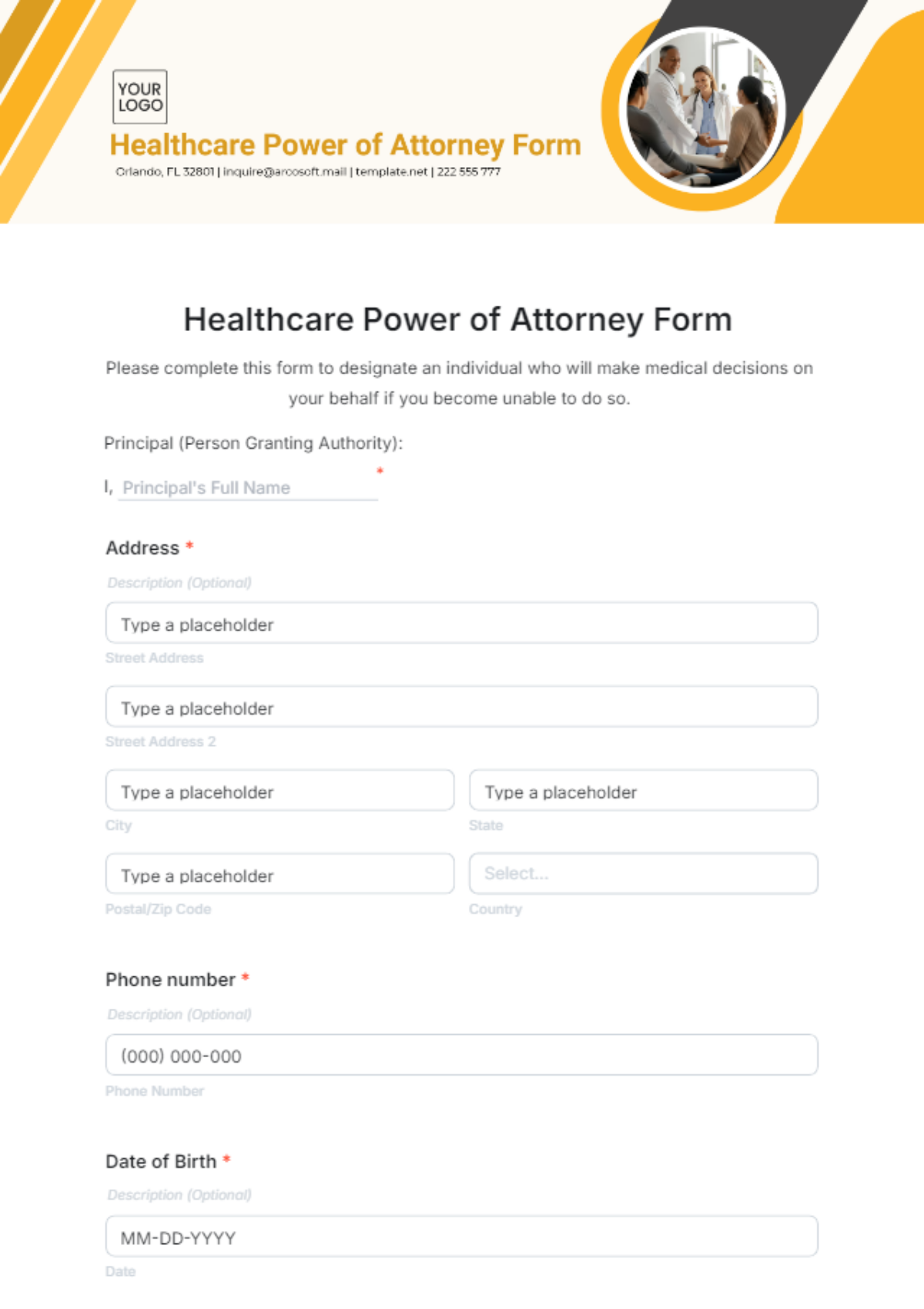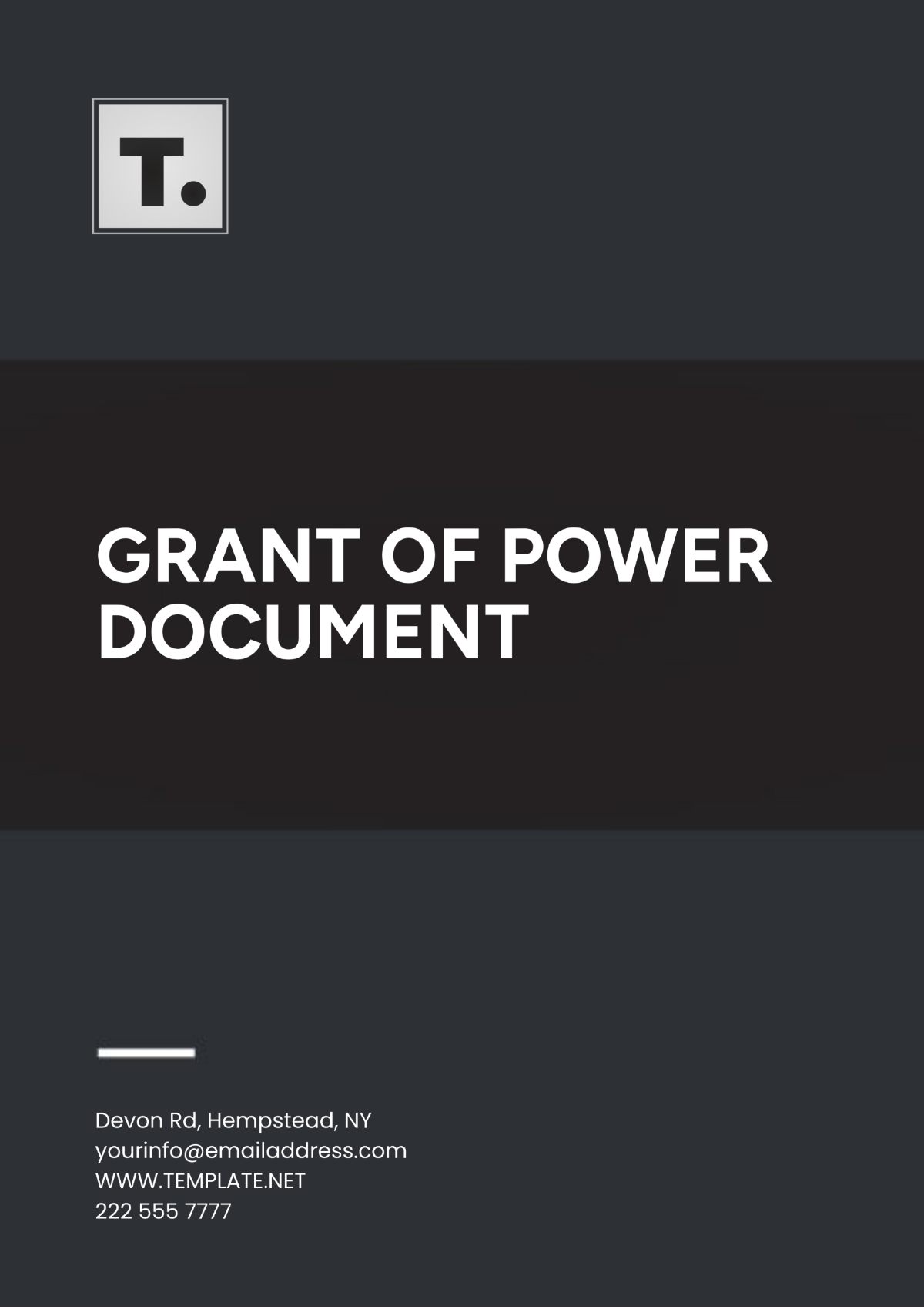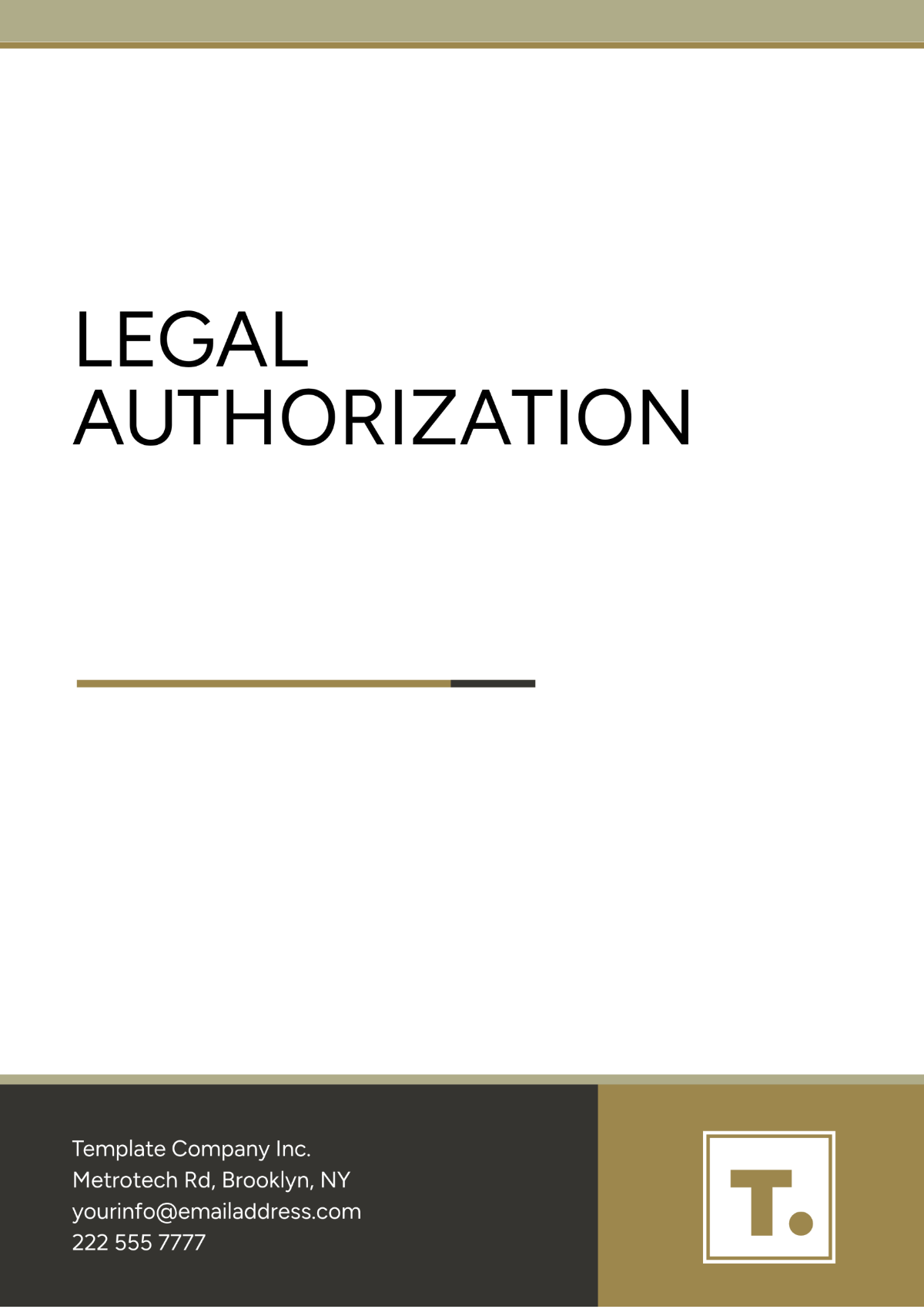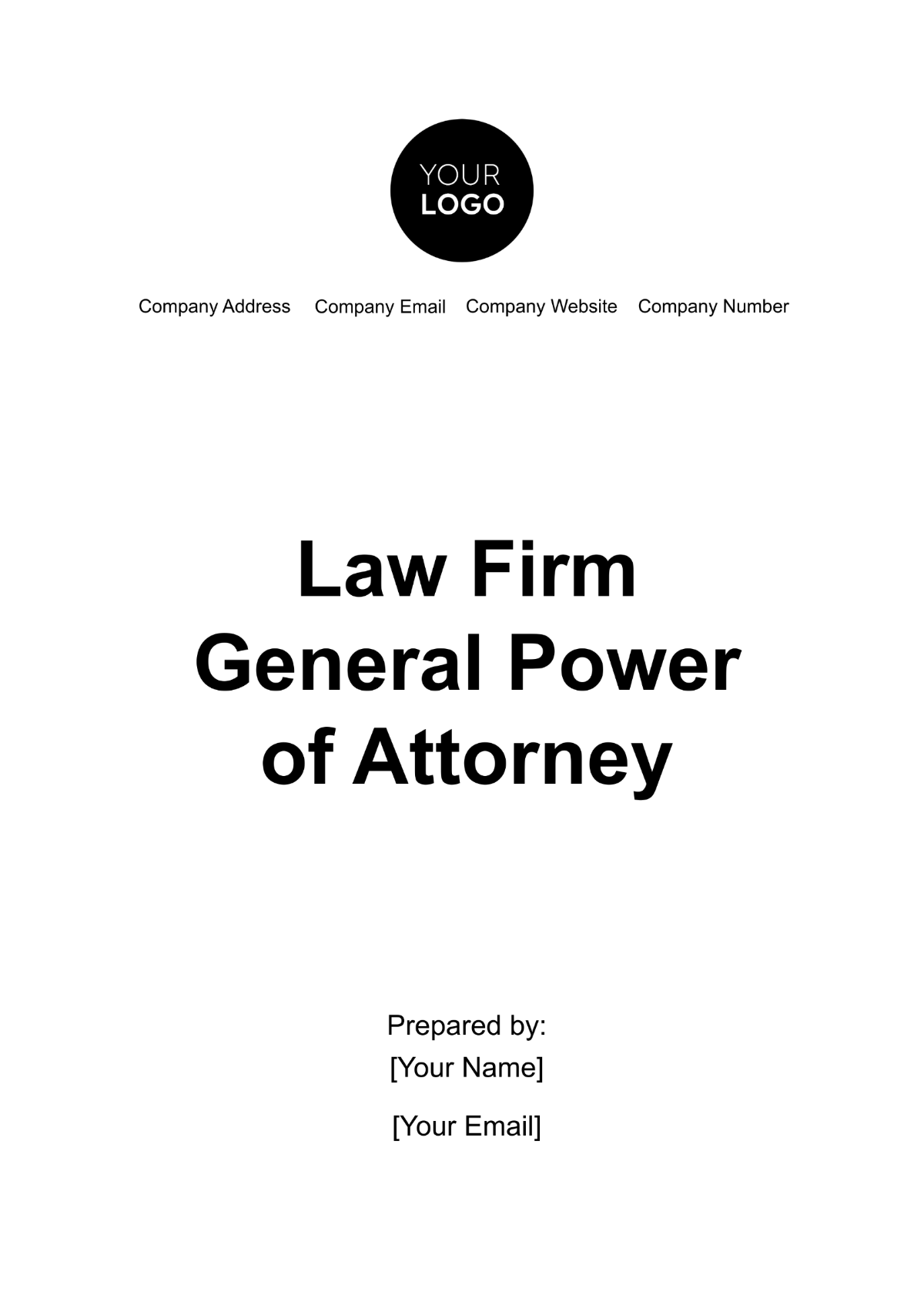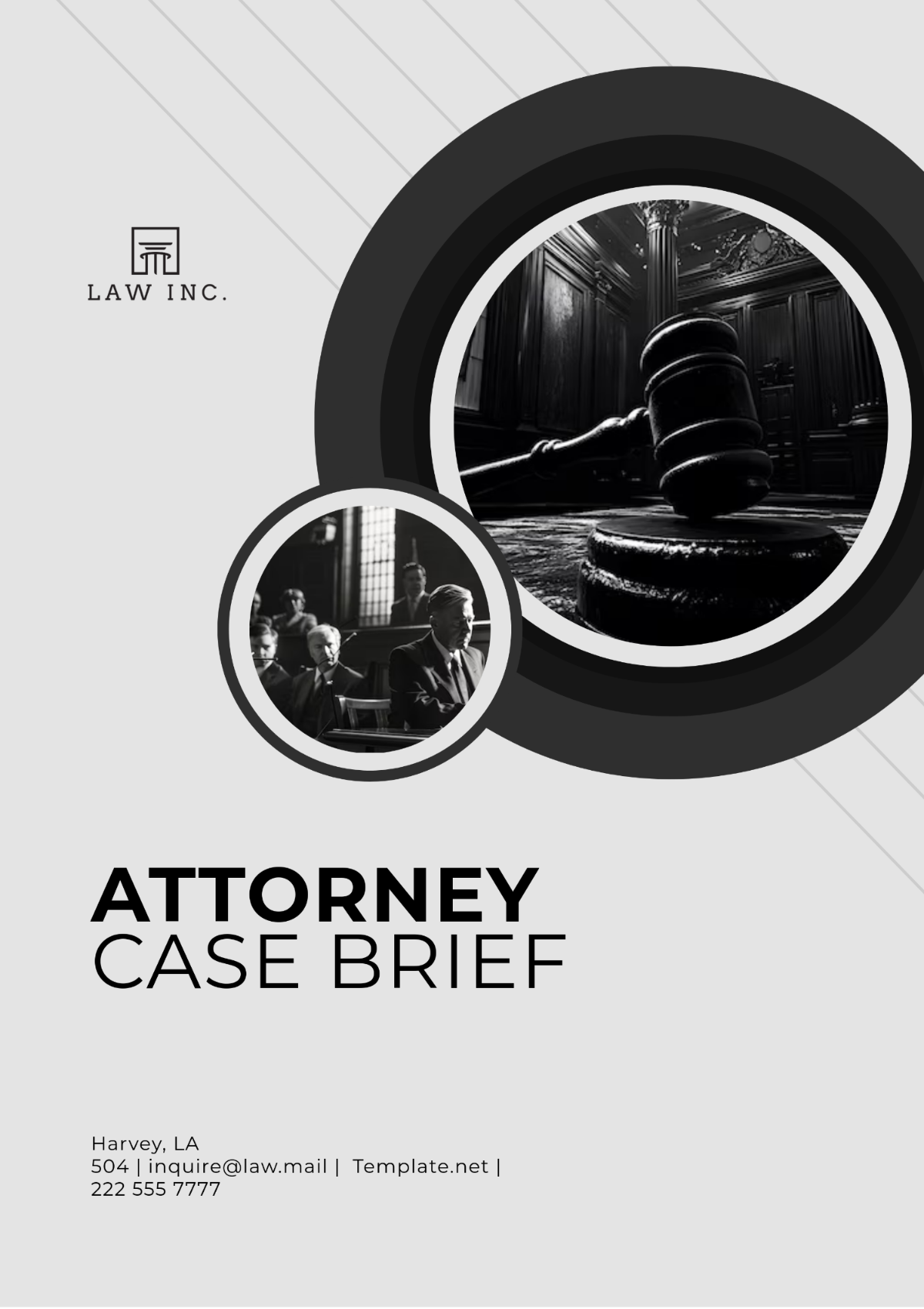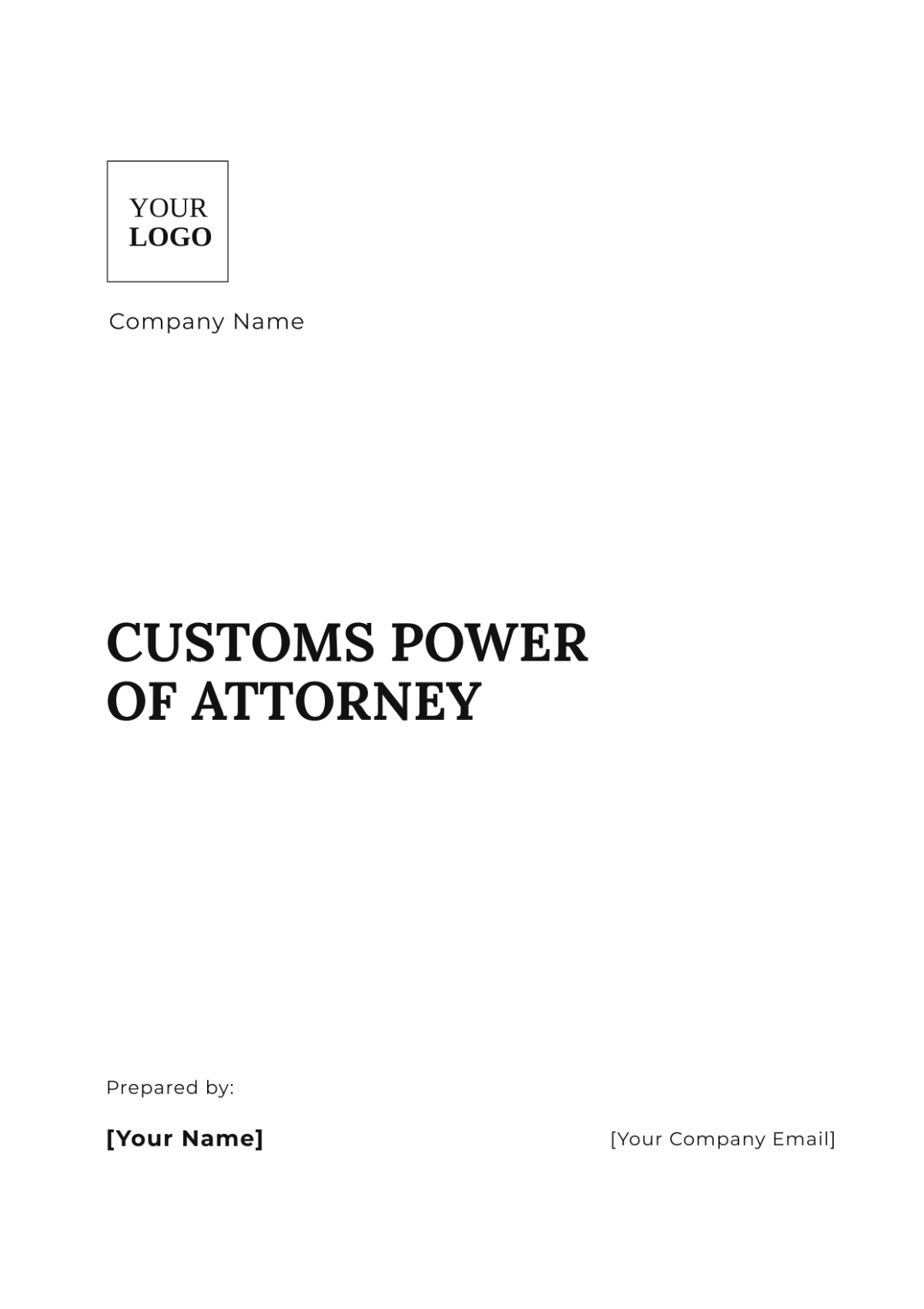Free Procuration Power of Attorney Template
Procuration Power Of Attorney
I. Introduction to Procuration Power of Attorney
A Procuration Power of Attorney (POA) is a legal document that grants someone else, known as the agent or attorney-in-fact, the authority to act on behalf of the principal in various matters. This document establishes the scope of authority granted to the agent by the principal. Below is a comprehensive breakdown of the key components of a Procuration Power of Attorney:
II. PARTIES
This Power of Attorney (POA) is entered into this day of [DATE] between [YOUR NAME], Principal, of [YOUR COMPANY ADDRESS], in the county of [COUNTY], in the state of [STATE], herein referred to as the 'Principal', and [AGENT NAME], Agent, of [AGENT ADDRESS], in the county of [AGENT COUNTY], in the state of [AGENT STATE], herein referred to as the 'Agent'. The Principal is the individual granting authority, while the Agent is the person receiving authority to act on behalf of the Principal.
III. AUTHORITY
The Principal hereby gives and grants the Agent, full power and authority to do and perform every act and thing necessary in the Principal's best interest. This power includes but is not limited to, the power to manage, sell, convey, lease, mortgage, or dispose of any real or personal property of the Principal situated in any part of the world. Additionally, the Agent may be empowered to make financial, legal, and medical decisions on behalf of the Principal as outlined in the document.
IV. DURATION
This Power of Attorney shall become effective immediately and shall remain in effect until revoked by the Principal or upon the Principal’s death. The duration of the POA is crucial, as it outlines when the authority of the Agent begins and ends. The Principal reserves the right to revoke or modify the POA at any time, provided they are of sound mind and able to communicate their intentions.
V. PRINCIPAL SIGNATURE
In witness whereof, I have executed this Power of Attorney this day of [SIGNING DATE]. The Principal's signature serves as confirmation of their consent to grant authority to the Agent as outlined in the POA. This signature is typically witnessed by a third party to validate its authenticity.
Principal:

[YOUR NAME]
Agent:

[AGENT'S NAME]
VI. NOTARY ACKNOWLEDGEMENT
State of [STATE], County of [COUNTY]. On this the [DATE] before me, [NOTARY NAME], a Notary Public, personally appeared [YOUR NAME], known to be the person described in the above document, and acknowledged that he/she executed the same for the purposes therein. The presence of a notary public ensures the legality and authenticity of the document. The notary verifies the identity of the Principal and witnesses their signature, adding an extra layer of security and validity to the POA.

[NOTARY PUBLIC'S NAME]
My Commission Expires:_________
Conclusion:
A Procuration Power of Attorney is a critical legal document that allows the Principal to designate an Agent to act on their behalf in various matters. It is essential to carefully consider the scope of authority granted and the duration of the POA to ensure that the Principal's interests are protected. Additionally, consulting with legal professionals can guide in drafting and executing a POA that meets the specific needs and circumstances of the Principal.
